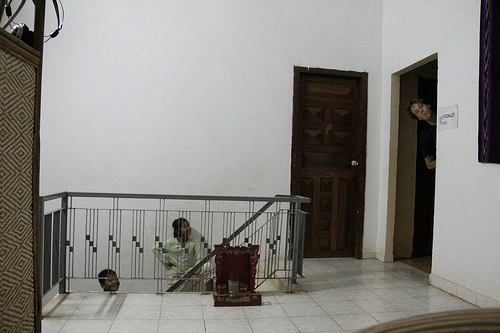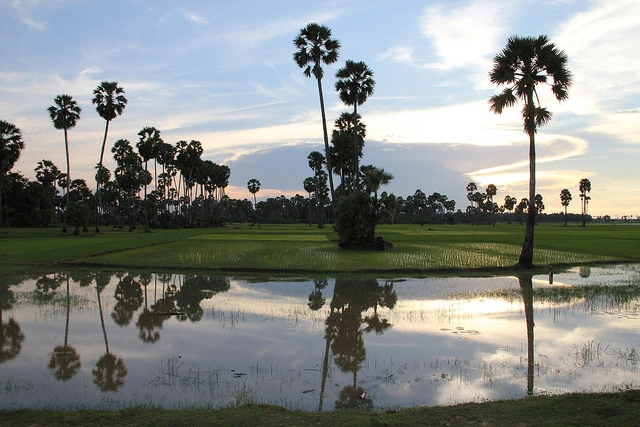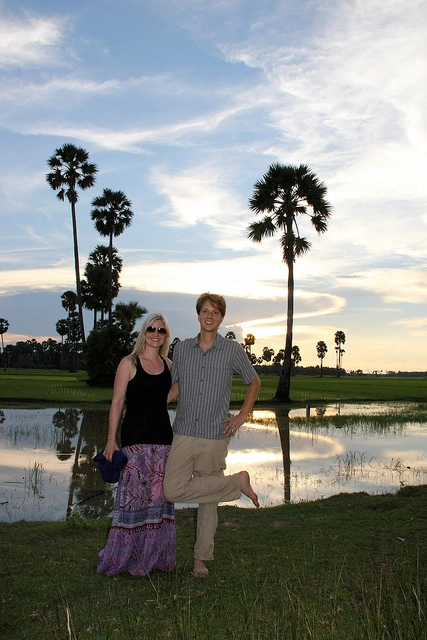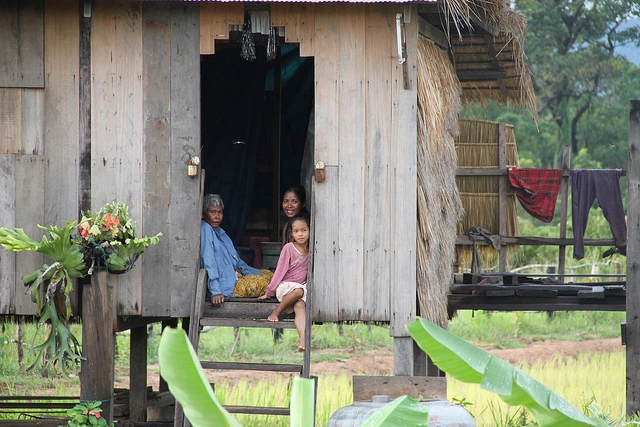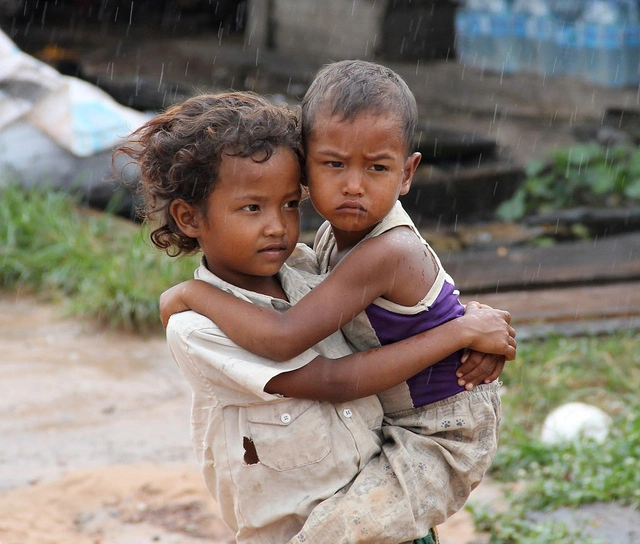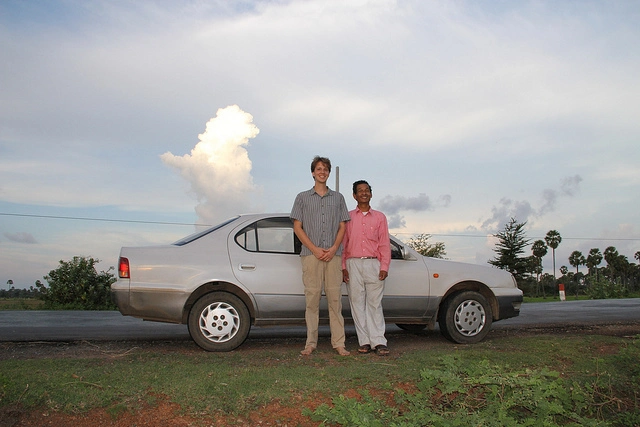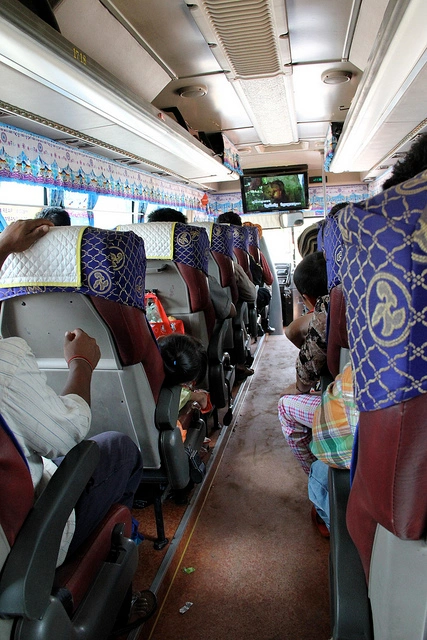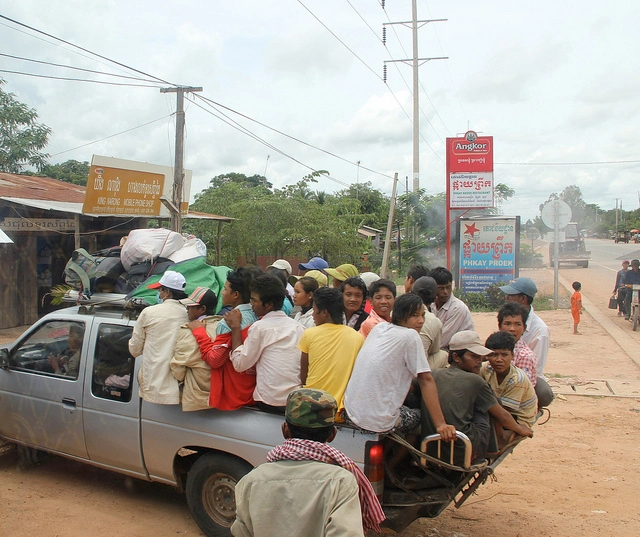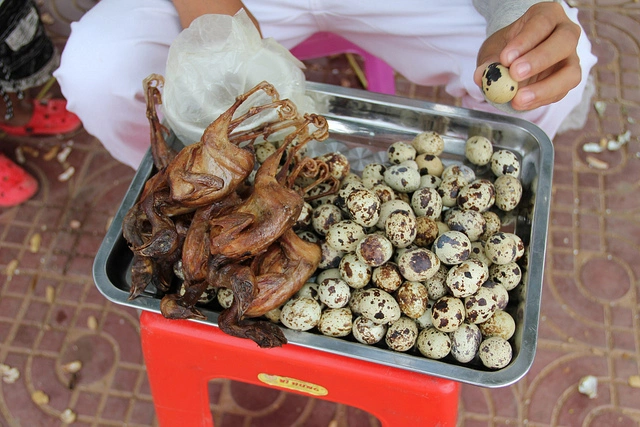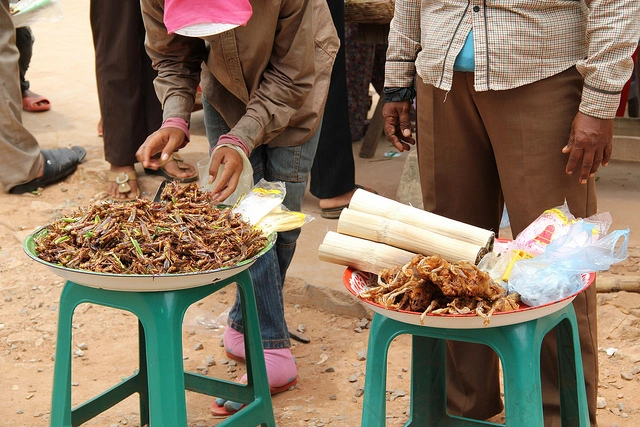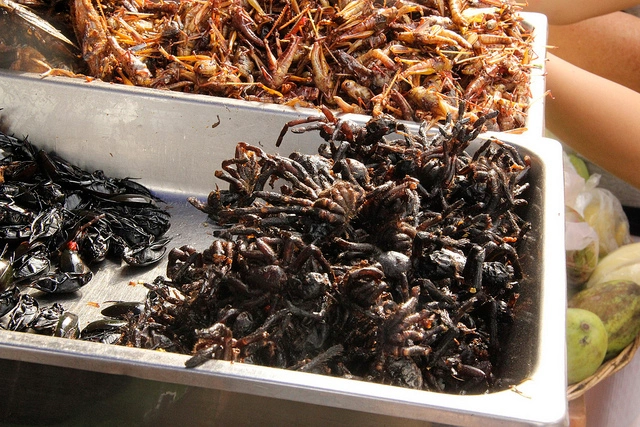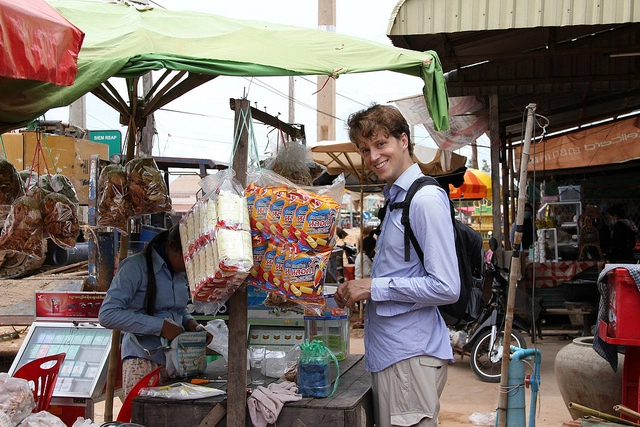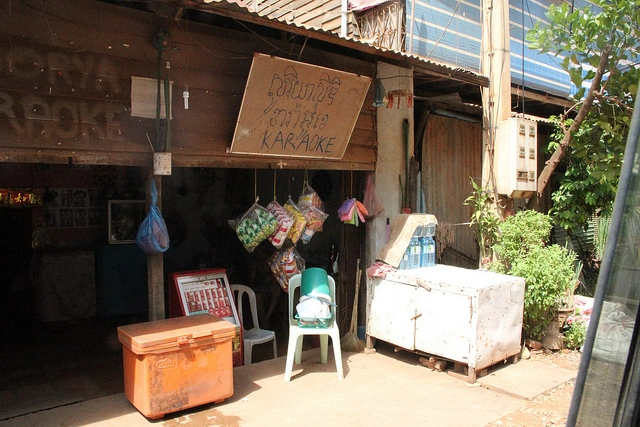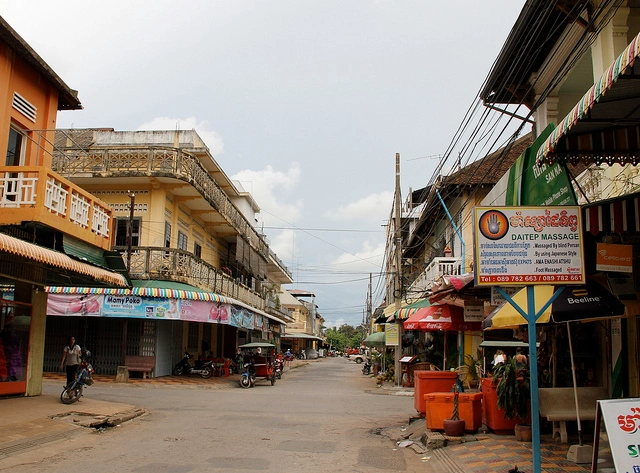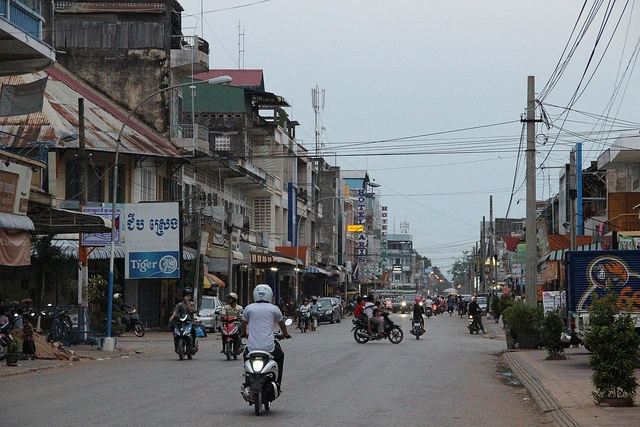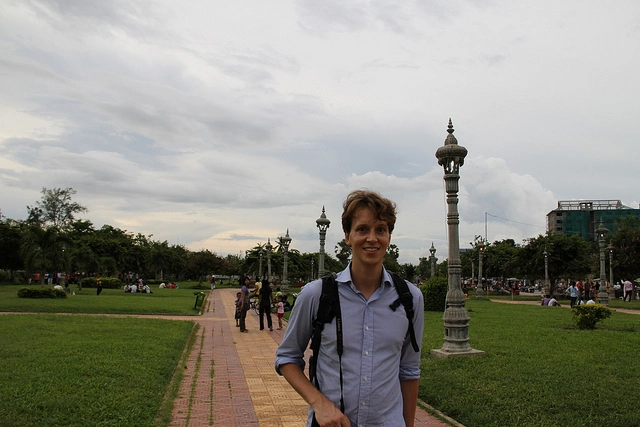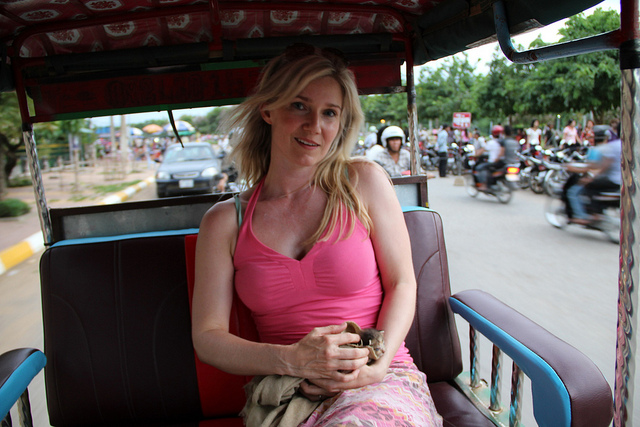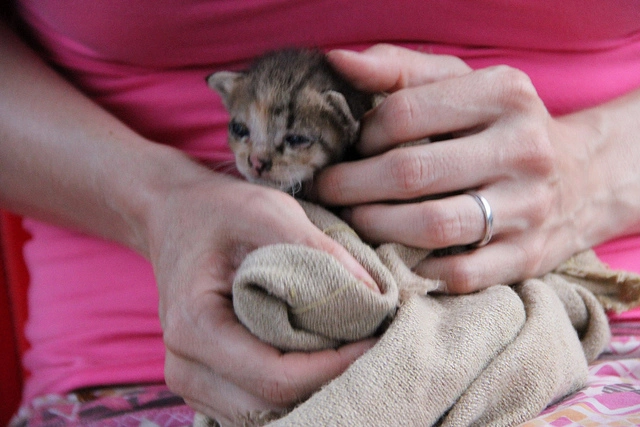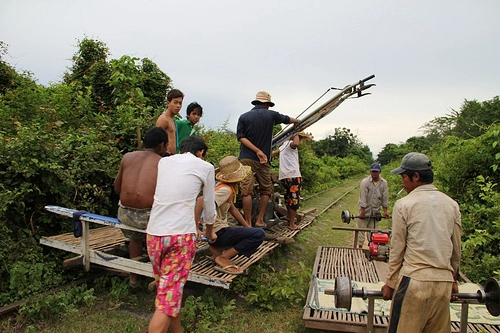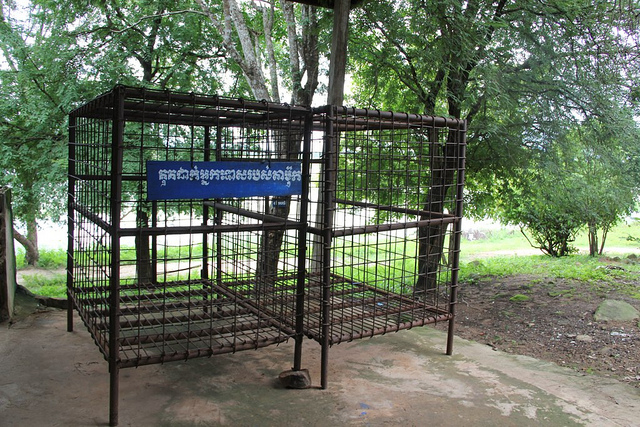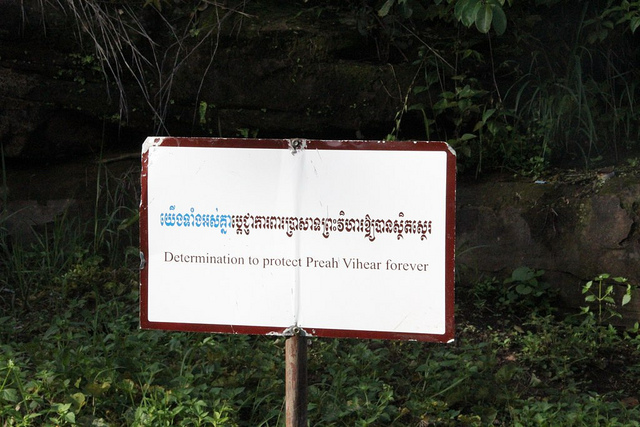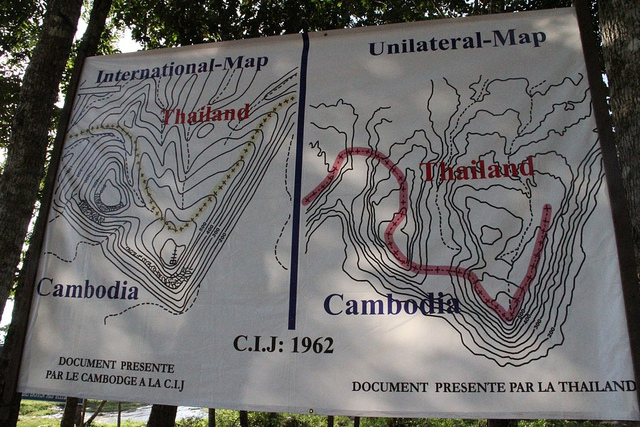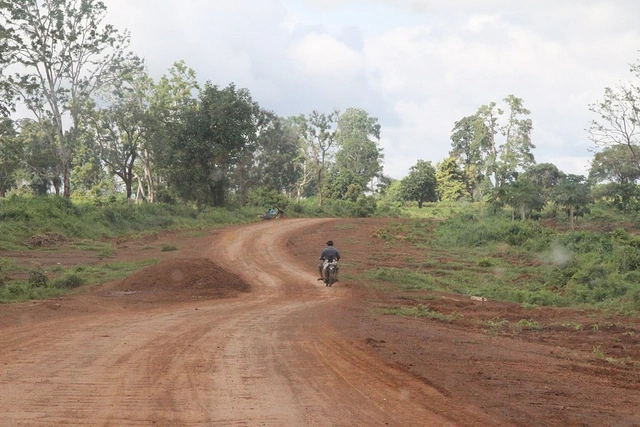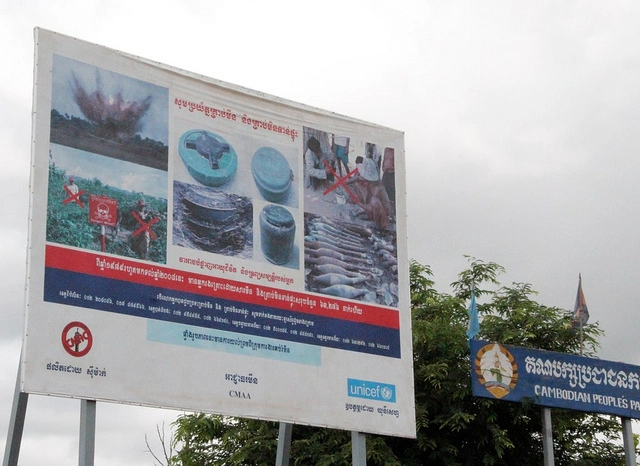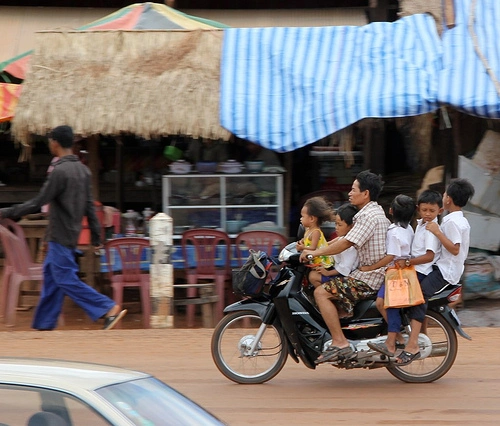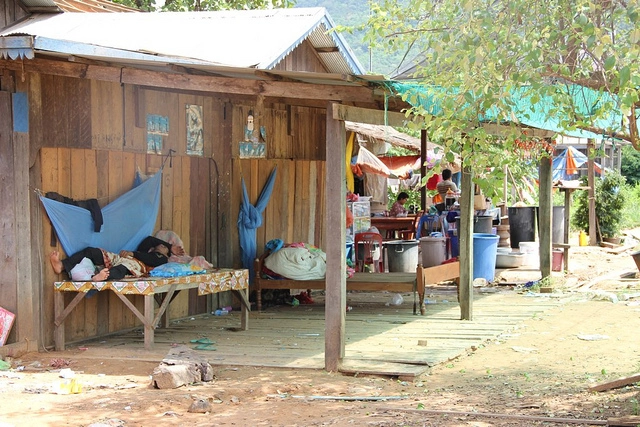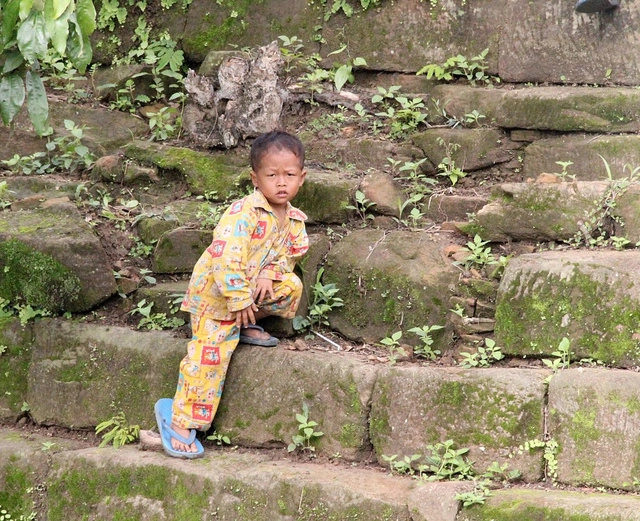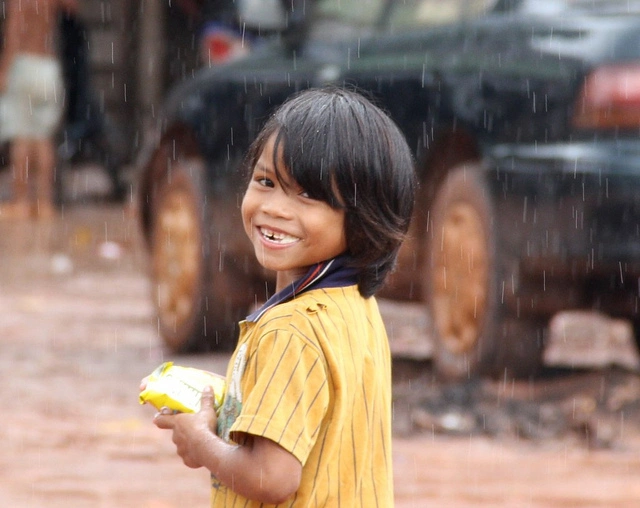“All Respect, All Suspect.”
That’s what the sign said in the security screening and immigration area when we arrived at Yangon airport. Nat and I laughed at the funny English, but during our two weeks in this military-controlled country this little phrase became our shorthand for the situation here.
Someone refuses your $20 bill because it has a tiny tear in the corner? All respect, all suspect.
A military policeman waves a machinegun at you nonchalantly because you photographed the wrong building? All respect, all suspect.

Myanmar is a hard country to summarize. Perhaps the best I can do is to show you a little bit of what we saw. More detailed posts and thoughts to follow.
In many ways the country is simply stopped in time about 50 years ago.

Myanmar is run by a military dictatorship – since the elections last November in civilian disguise – and apart from a small number of tourists traveling into the country completely isolated and in every possible aspect cut off from the world. The people here are denied every form of basic freedom: there is no freedom of speech, newspapers and press are government controlled and basically non-existant.
Copies of Time magazine from 1995 are being sold on the black market in the streets of Yangon.
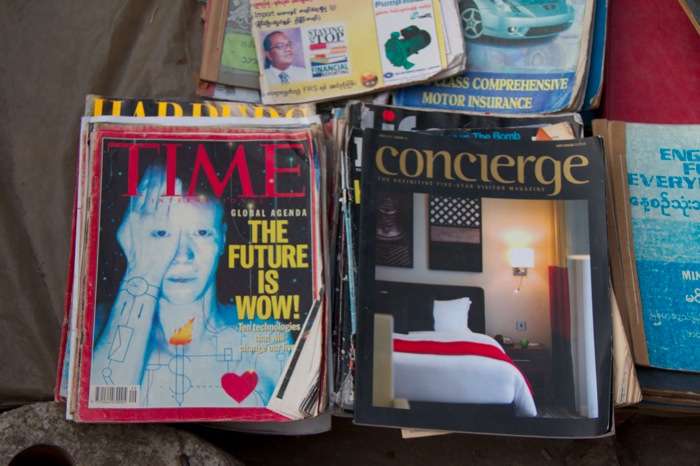
Many people are not able to travel freely around the country, let alone leave. People are also not encouraged to speak to foreigners, other than about pagodas and temples. Any public congregation of more than 5 people needs to have a permit first – and around half of the people live on a dollar per day.
Internet in this country is controlled by the government and deliberately slowed down. The few internet cafes which offer access need to apply for a government access license, which ensures that the censorship works for all the “relevant” sites. (Strangely the firewall is easy to get around – for some reason https isn’t blocked.)
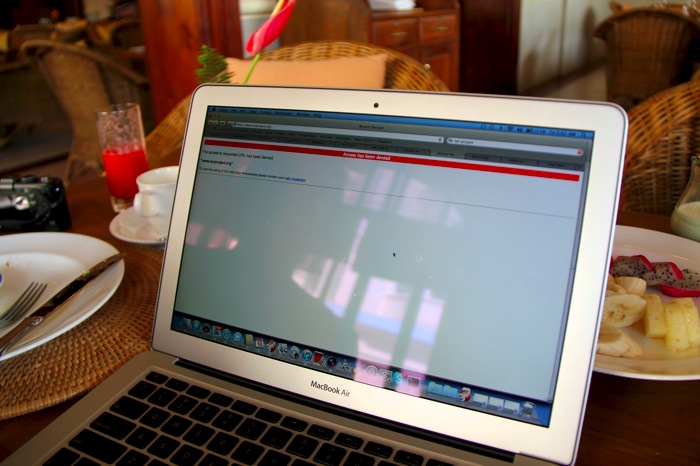
That said during my several months of travel through Southeast Asia I have rarely felt so welcome as a visitor in a country, and so much hunger of the people in the street to talk to us – despite some significant language barriers. People are sincerely interested in anything from the “outside” world and are eager to share their thoughts and feelings as soon as you are in a private setting.

We have been invited to sit down and eat, sit down and drink tea, sit down and chat an endless number of times – and each one of those conversations has made a very lasting impression on me.



People – both and men and women – wear an interesting form of makeup on their face, sometimes also their arms. It is meant to protect the skin from the sun, as well as to be decorative. Most people just use a broad stroke or a big dot; this girl was quite creative.

In Bagan we spent an afternoon in a village – no electricity or running water, a mere 10 minute car ride away from the famous temple area and several 4-star hotels. Nevertheless we were welcomed with friendly curiosity and a lot of smiles.

For many people in Myanmar, their lives are characterized by the scarcity of everything.
Many don’t have enough to eat, about half of the children are underweight – and people struggle to find clothing for themselves and their family.
A check-up at the doctor’s office costs about $5. To us, this seems cheap, but in Myanmar for many people this is unaffordable. Sending your child to school costs between $10 and $40 a month – which brings most families to their absolute financial limits. Everywhere in the streets you see people handmaking textbooks and reselling used pairs of shoes…
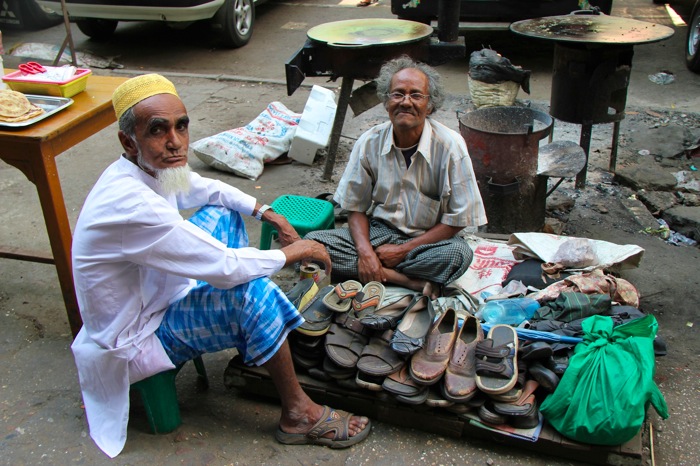

That said, Myanmar has a myriad of breathtakingly beautiful places and experiences to offer…
There is Bagan – which we explored BBABB.
By Bike…

…And By Balloon…



Mandalay, with the longest teak bridge of the world, across which hundreds of monks commute in the morning and the evening…

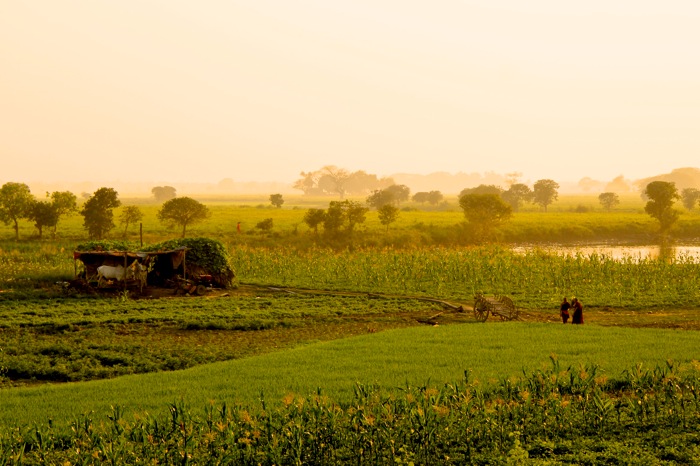
People often approach me and ask to have their picture taken – the only thing they want in return is to look at the picture on the digital camera screen afterwards.


The phenomenon of bettelnut chewing is ubiquitous…

… and I was overwhelmed by the splendor and energy of the Shwedagon pagoda in Yangon. It is at the same time a deeply spiritual and religious place, but also extremely lively and social. A combination I have never experienced before.






















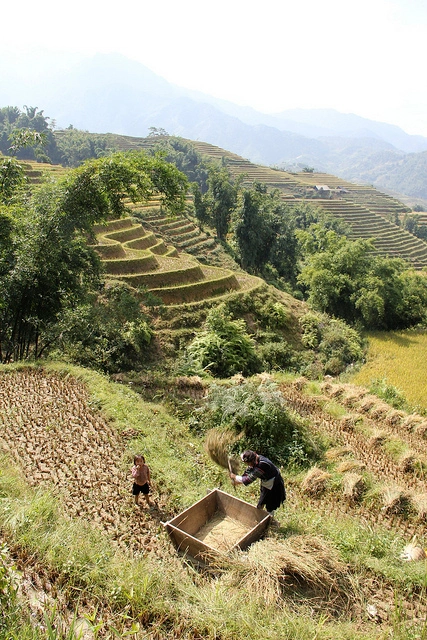


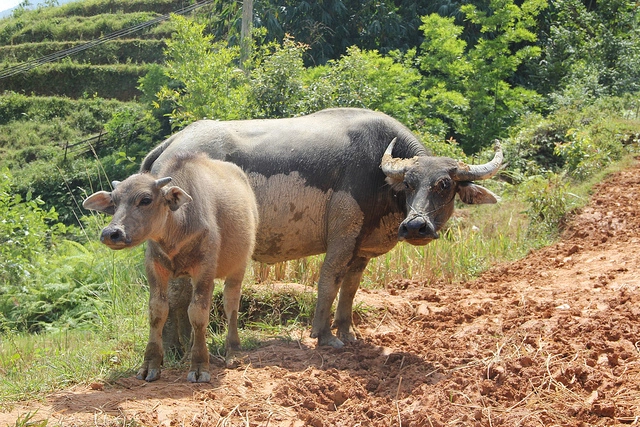

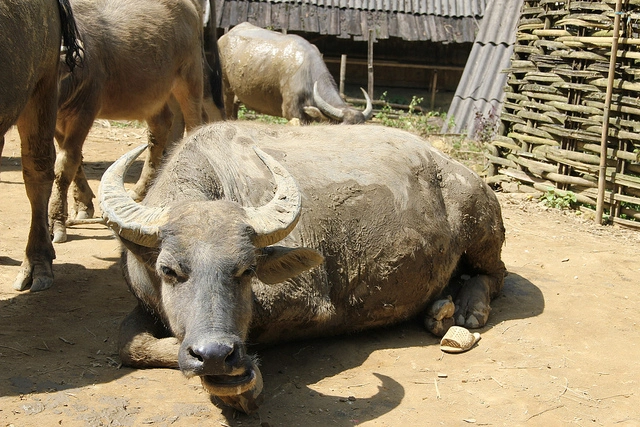




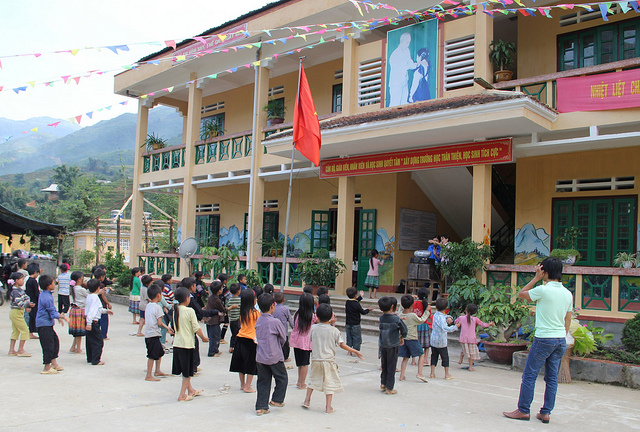






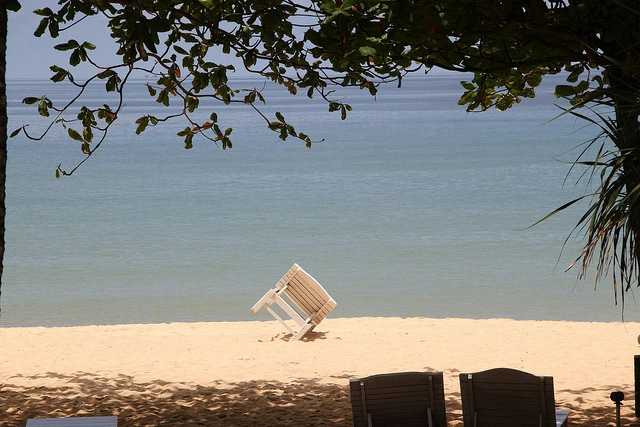
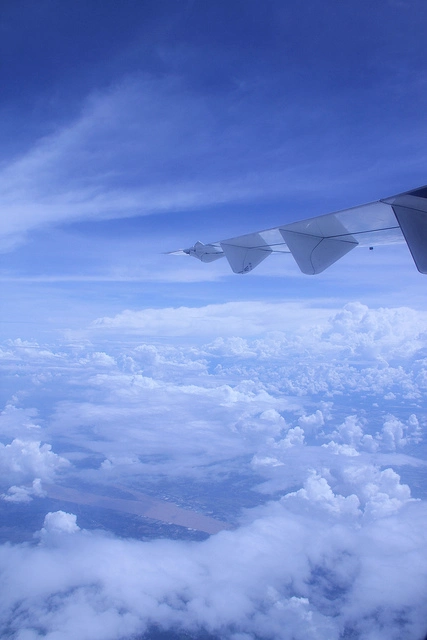
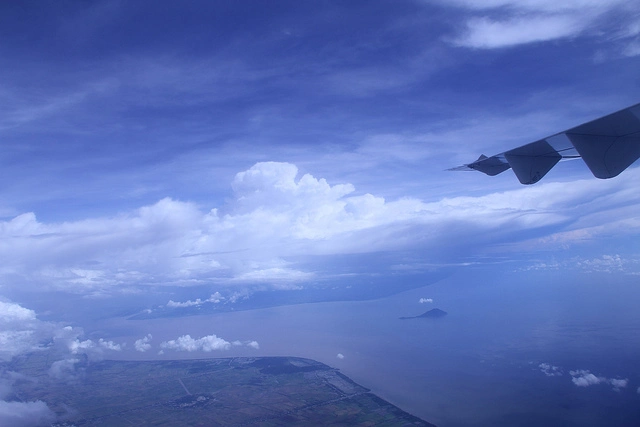
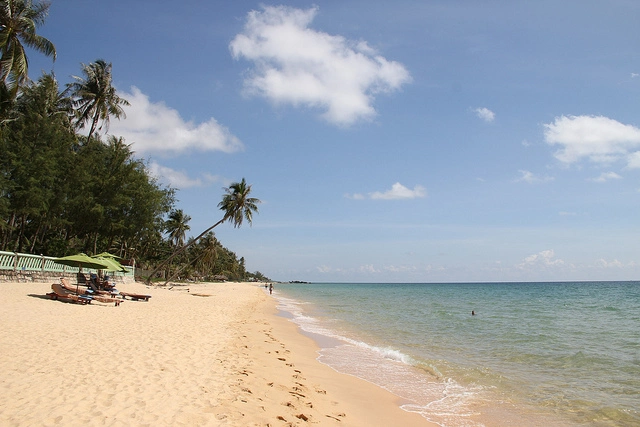
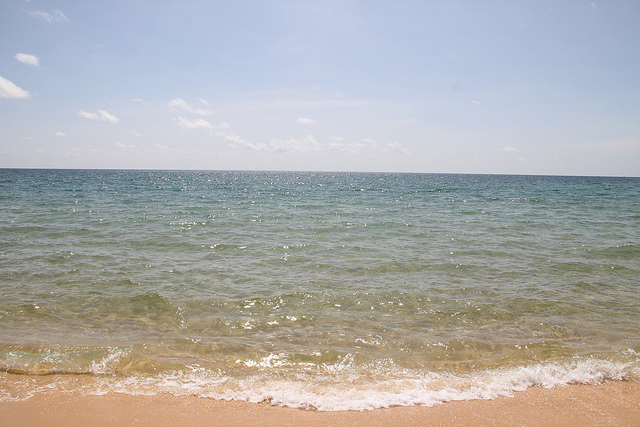
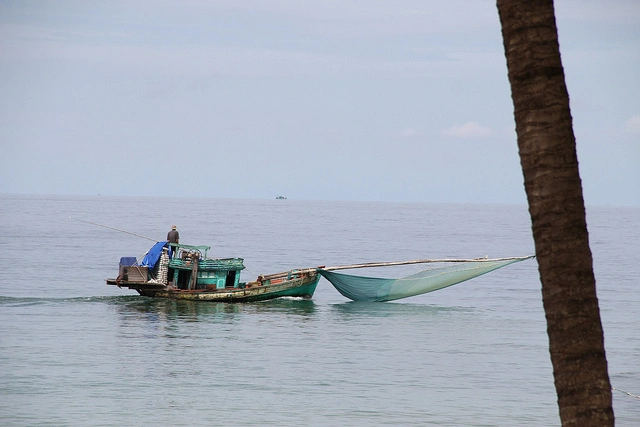
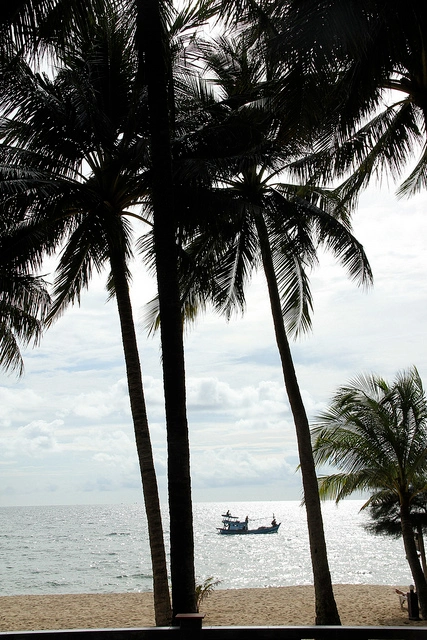

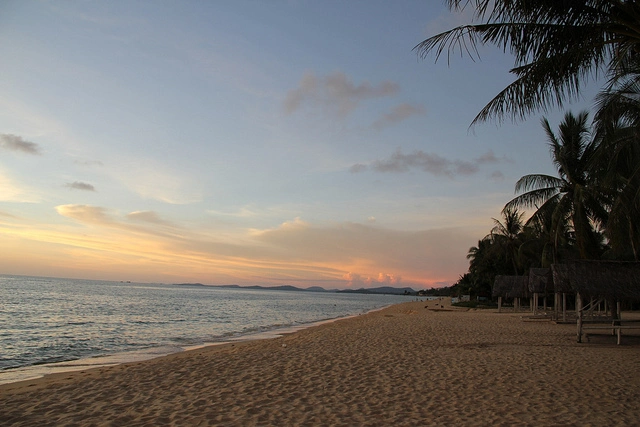
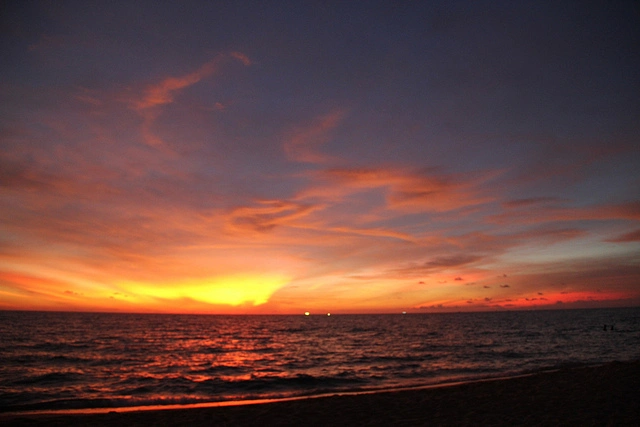
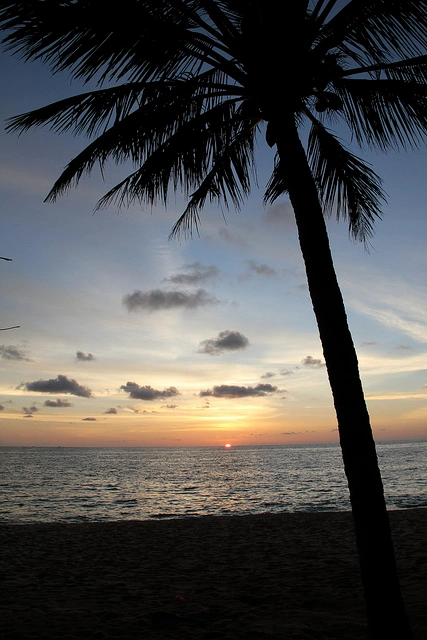
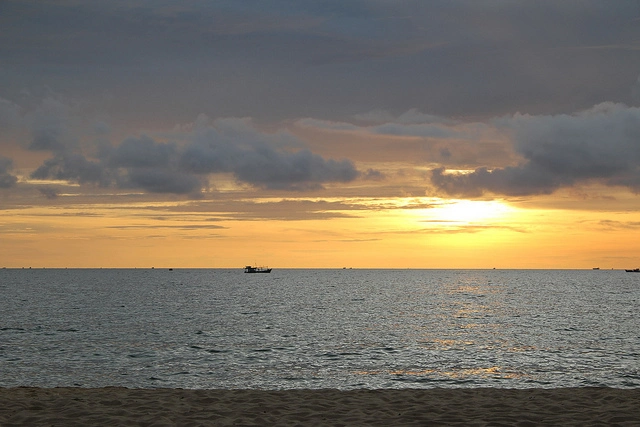
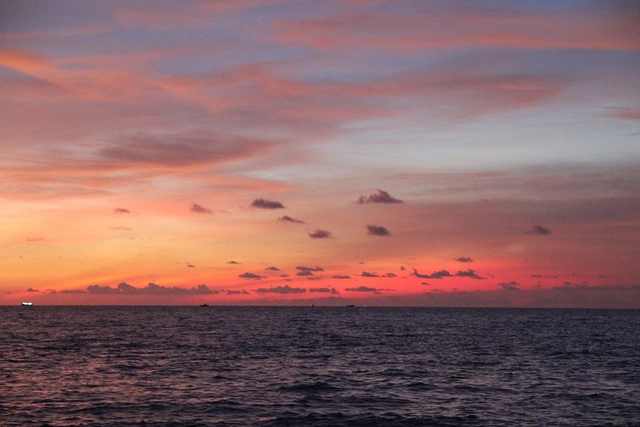
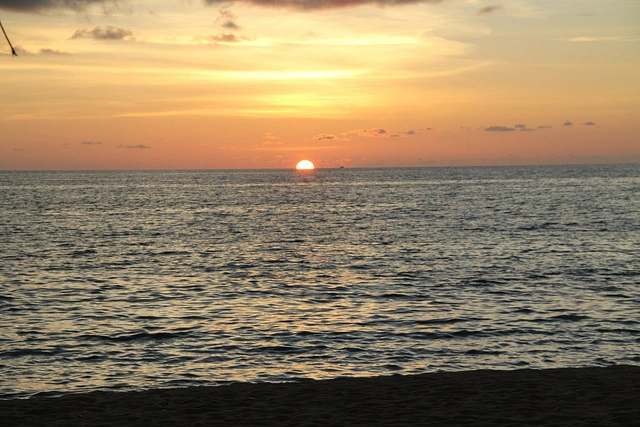
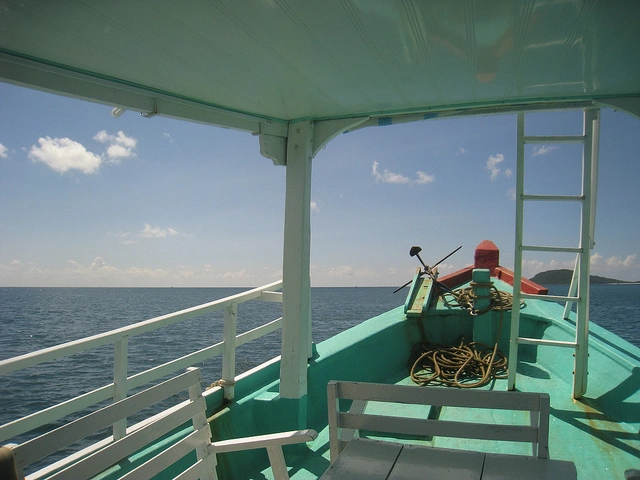
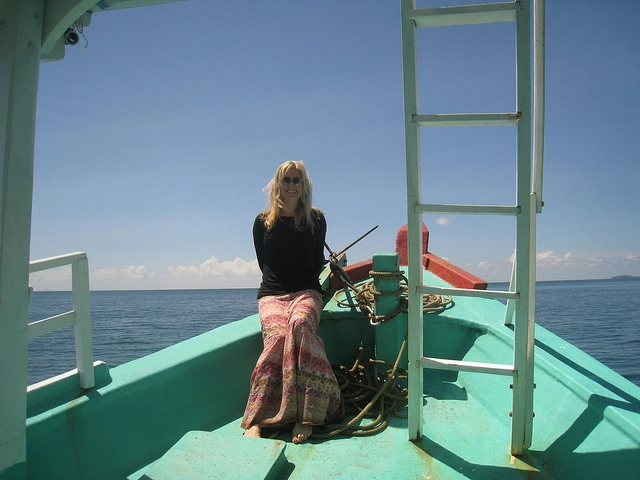
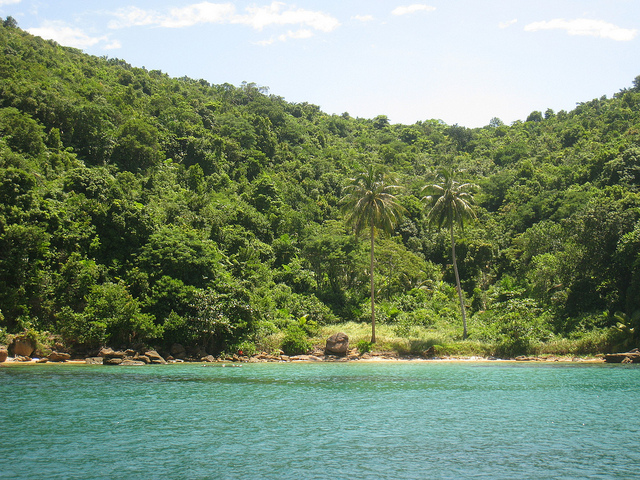
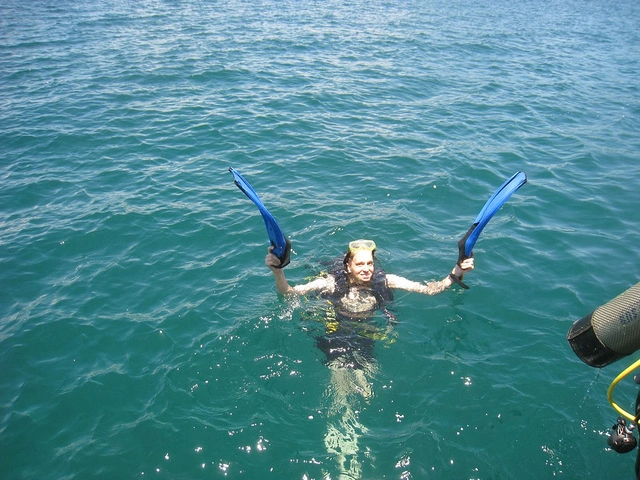
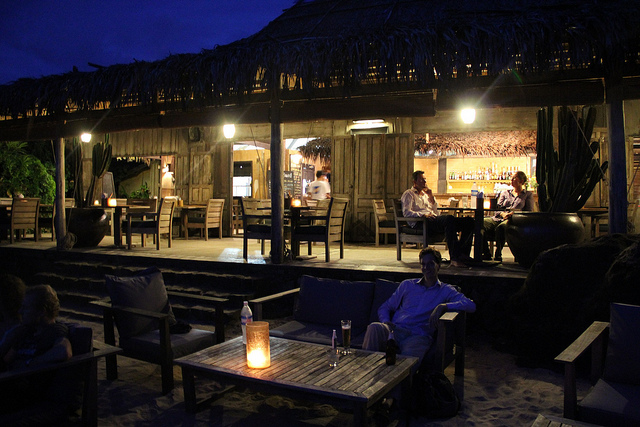

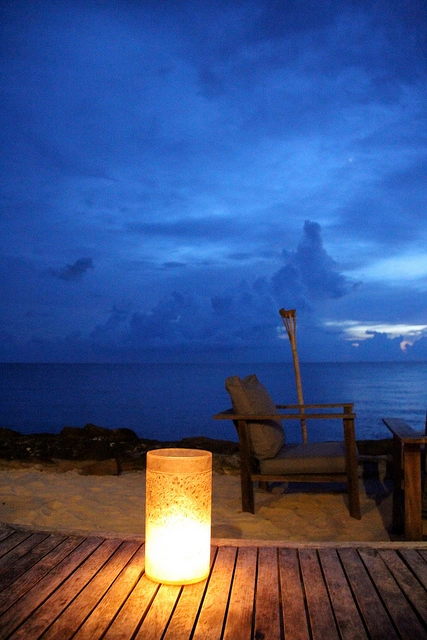
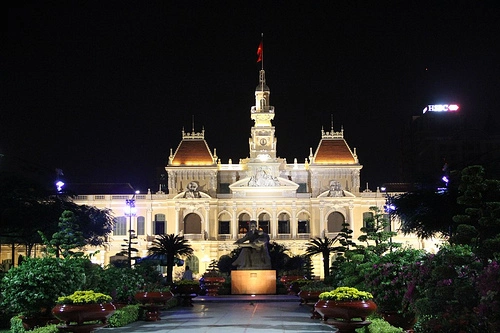
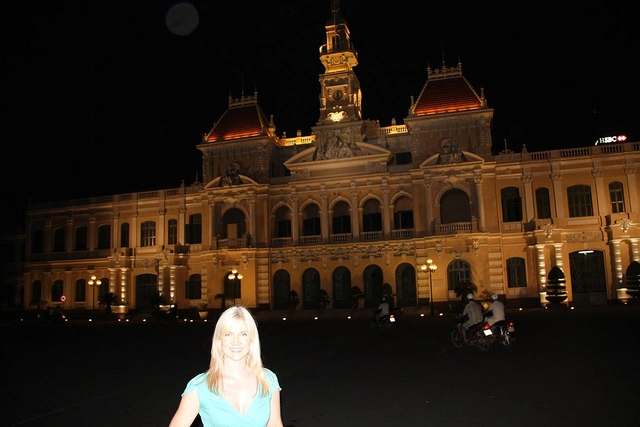
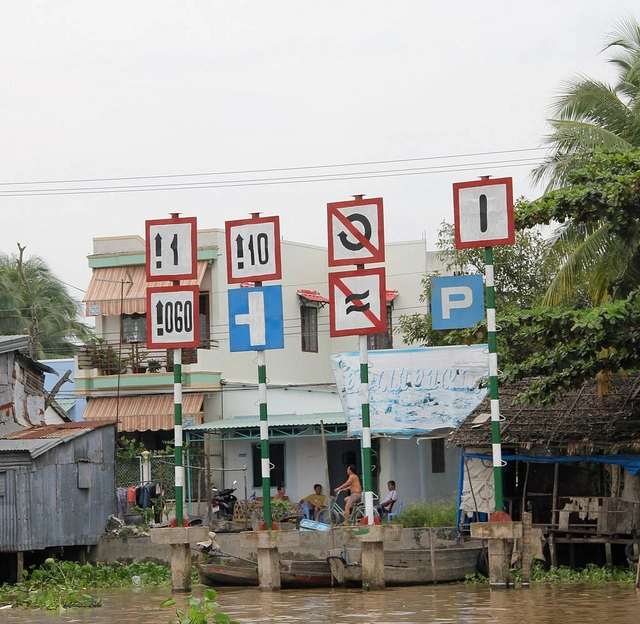
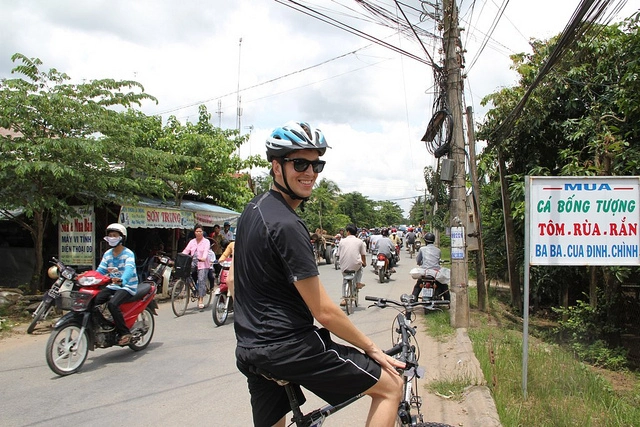
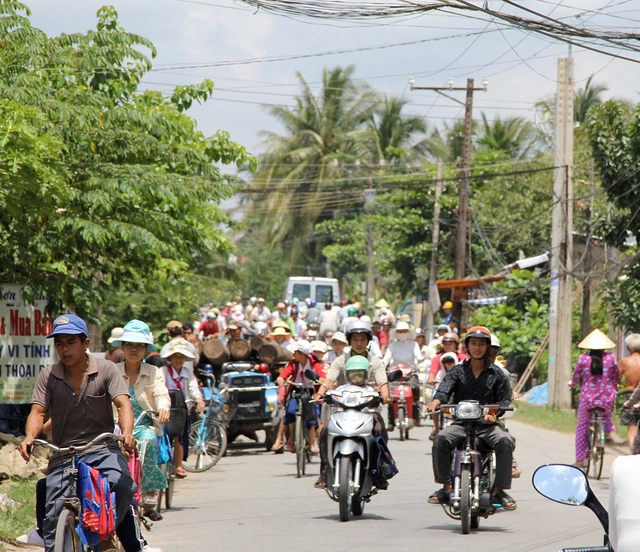
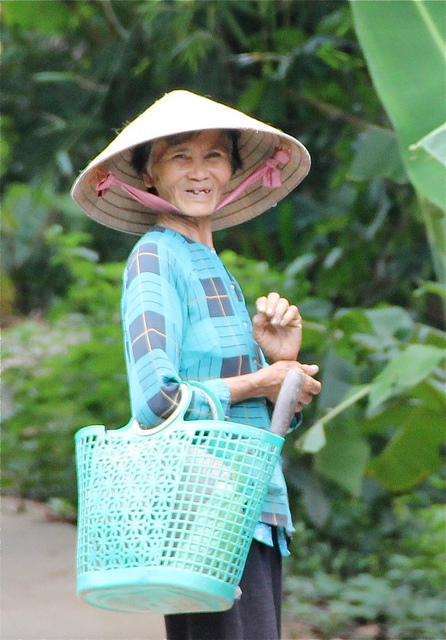
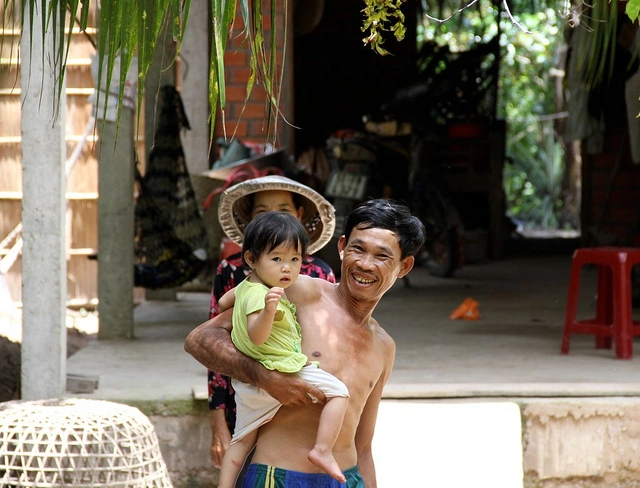
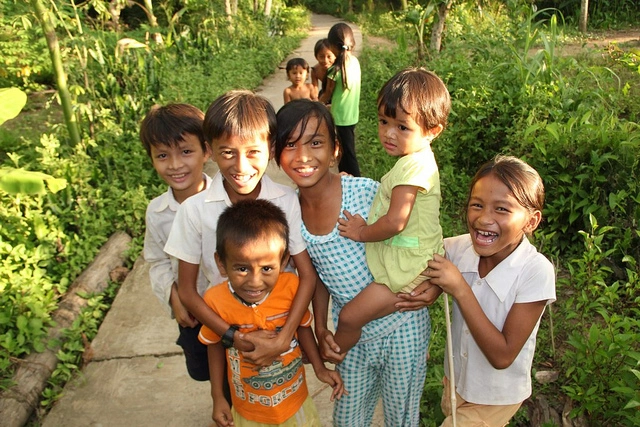
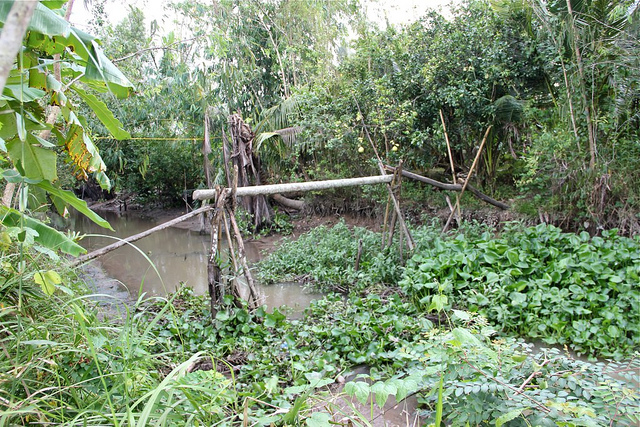
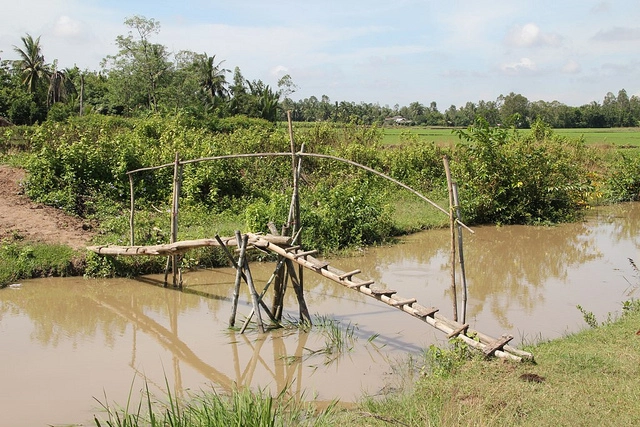
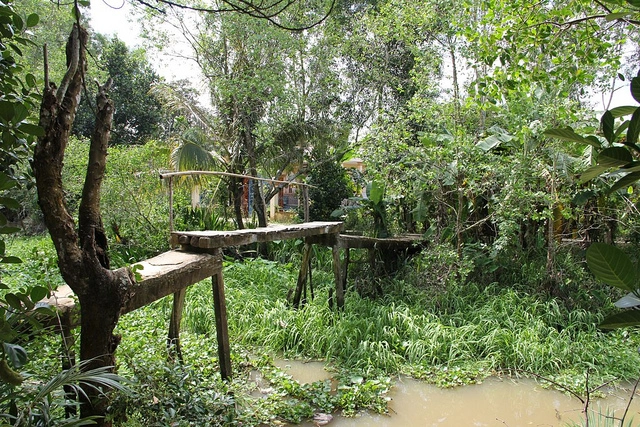
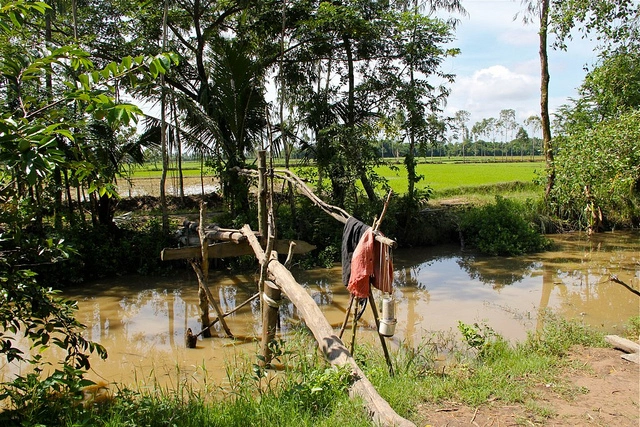
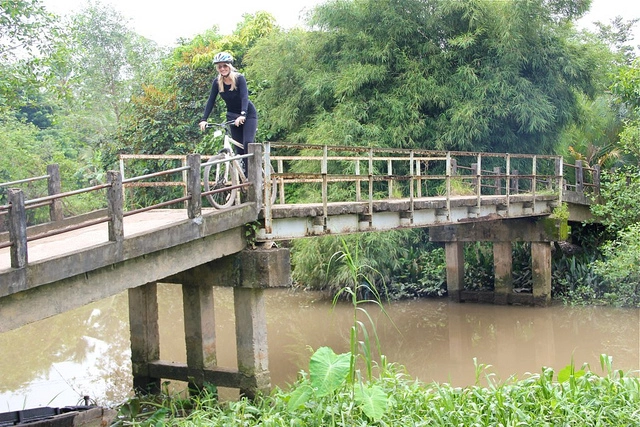
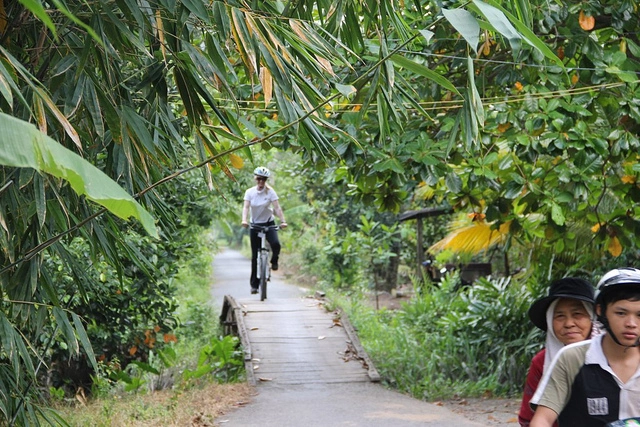

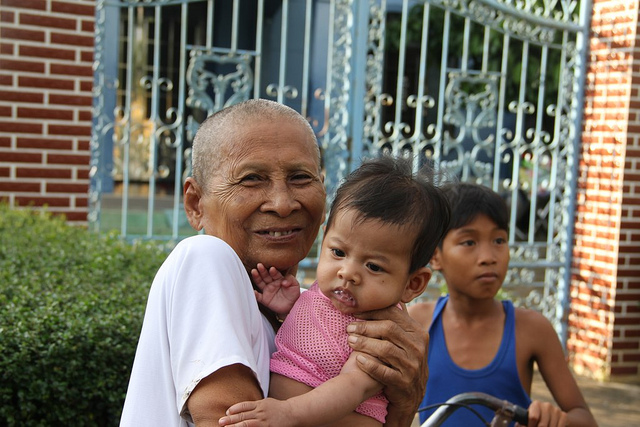
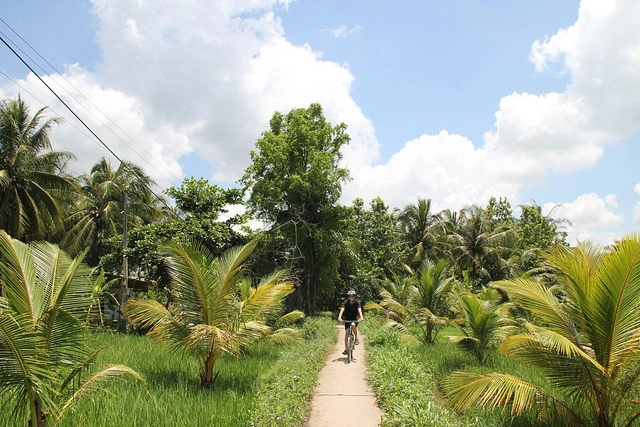
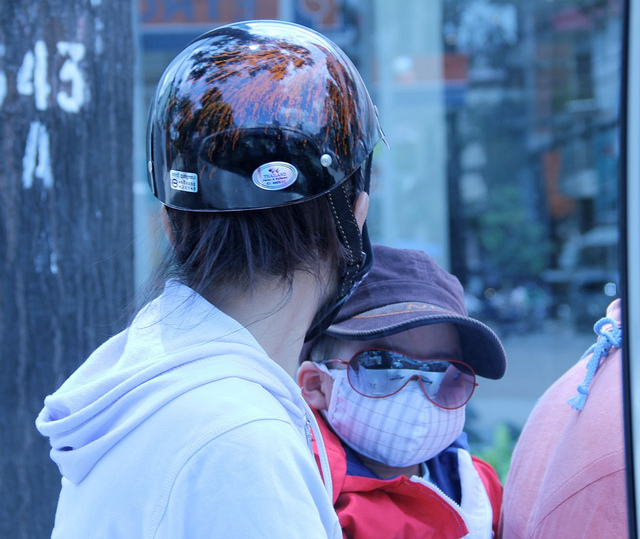
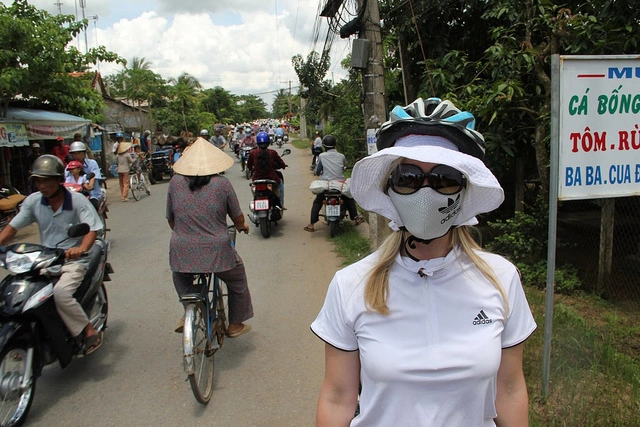
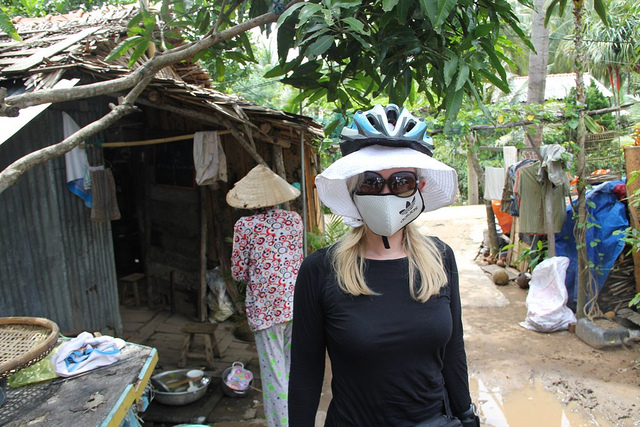
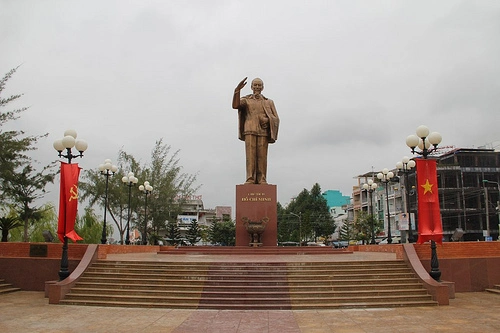
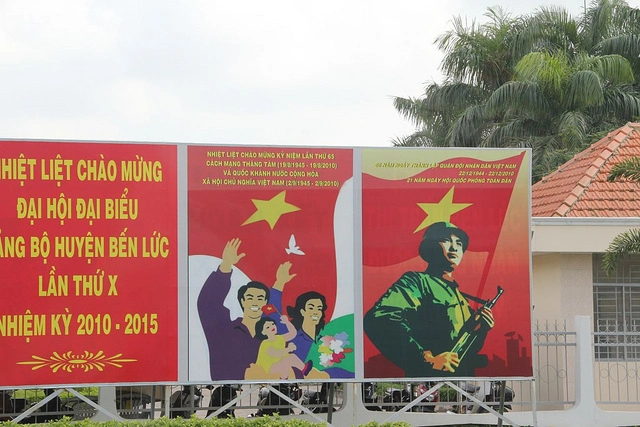
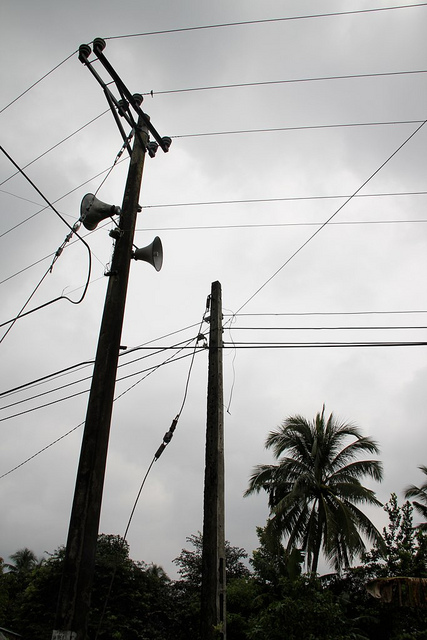
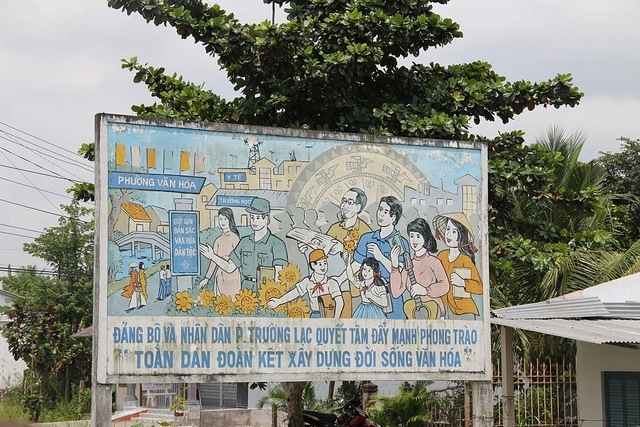
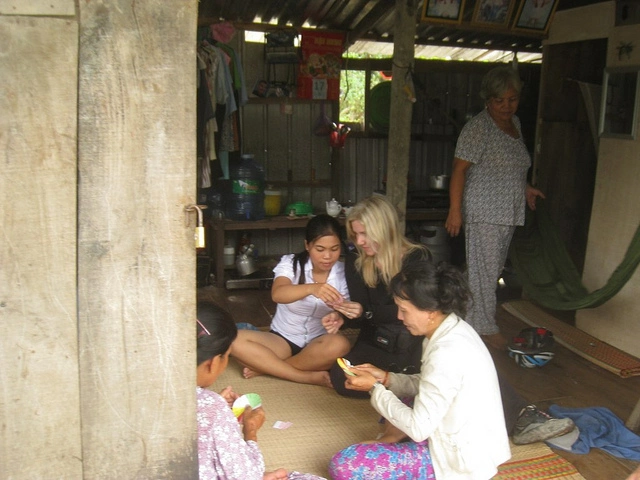 That was great fun, and despite the fact that they spoke no English they patiently tried to explain the game to me so I could join!
That was great fun, and despite the fact that they spoke no English they patiently tried to explain the game to me so I could join!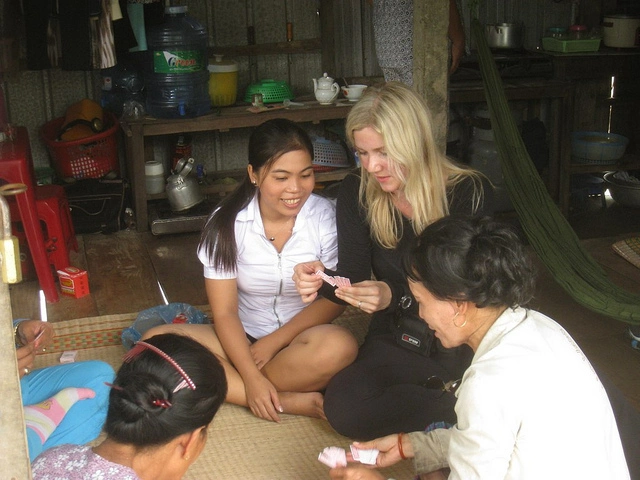
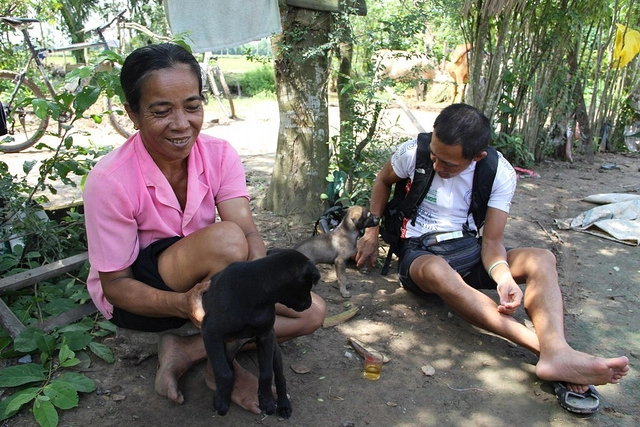
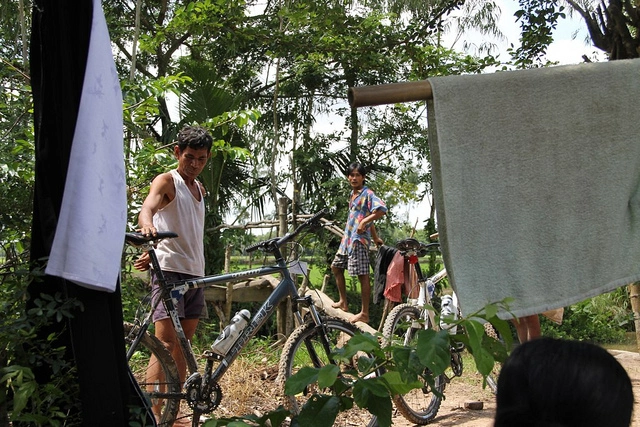
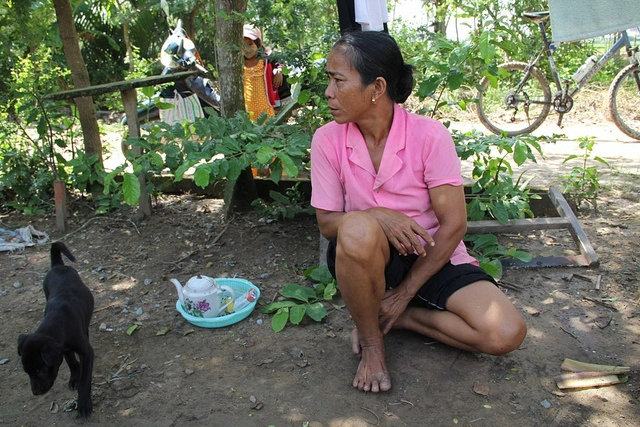
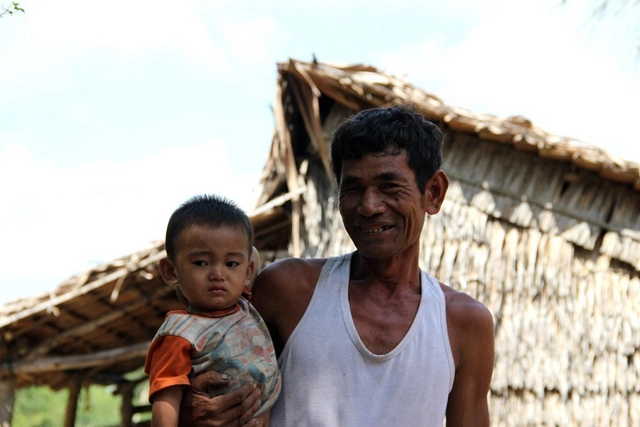
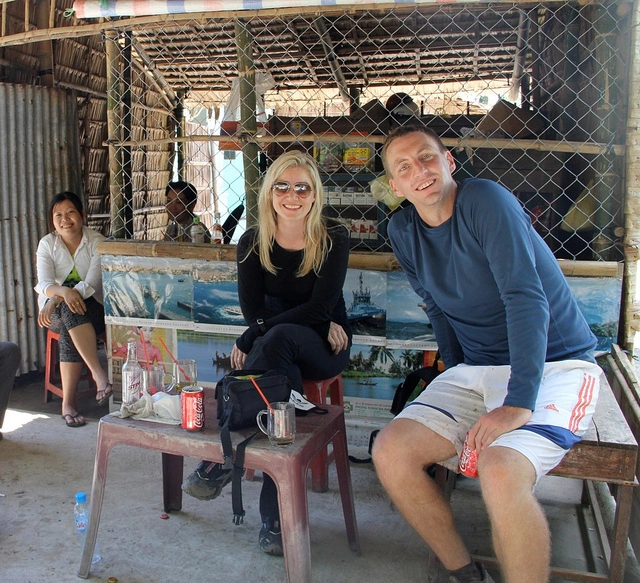
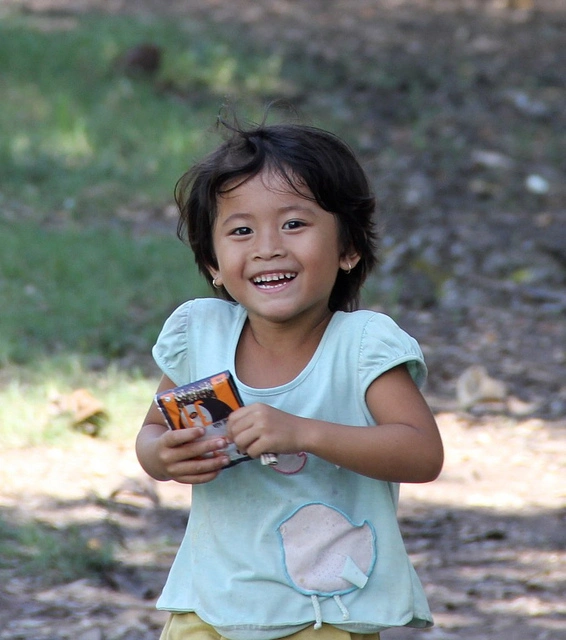
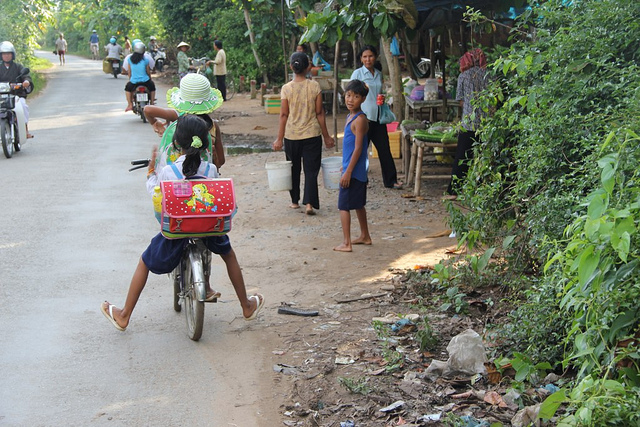
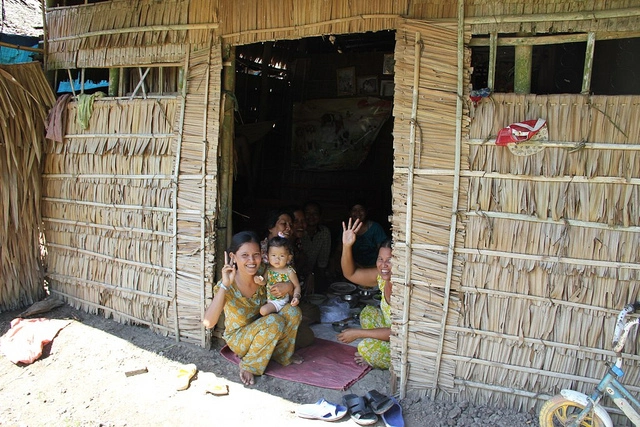
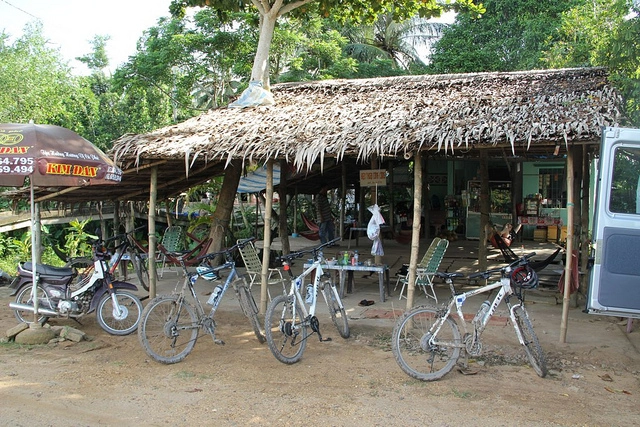
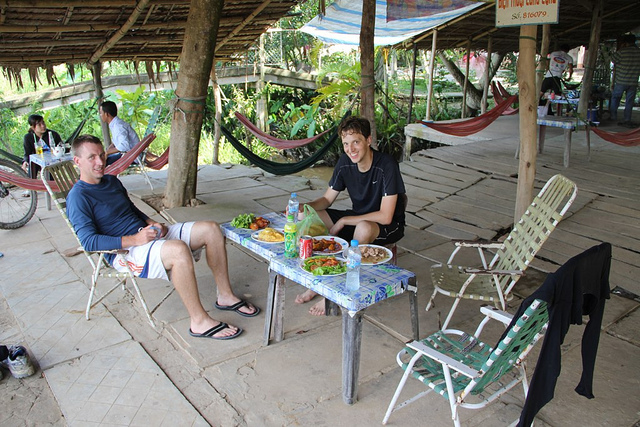
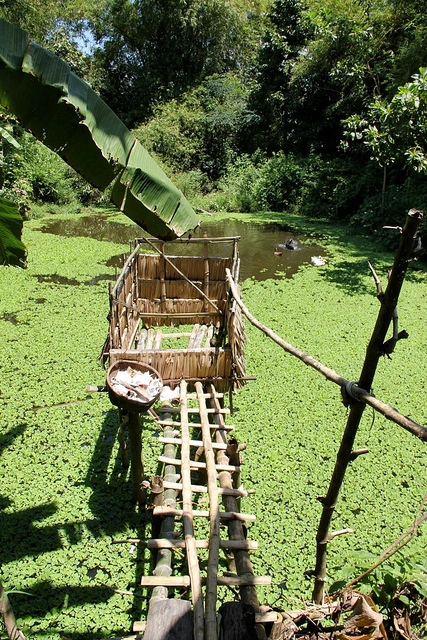
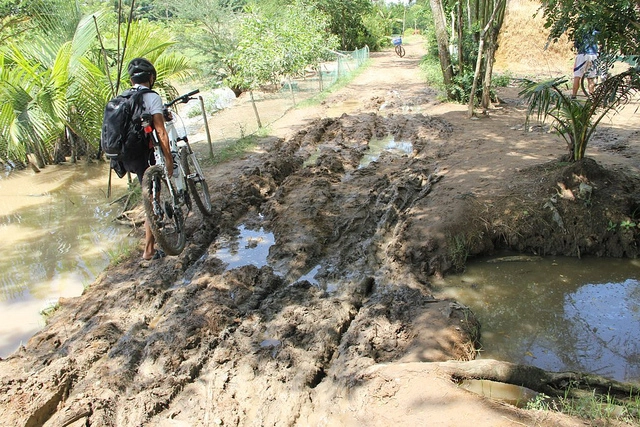
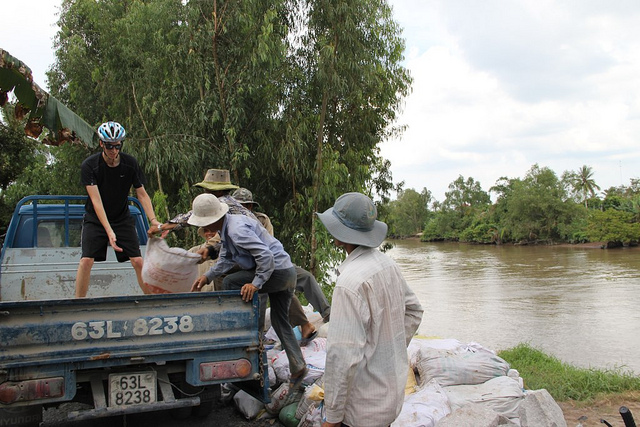
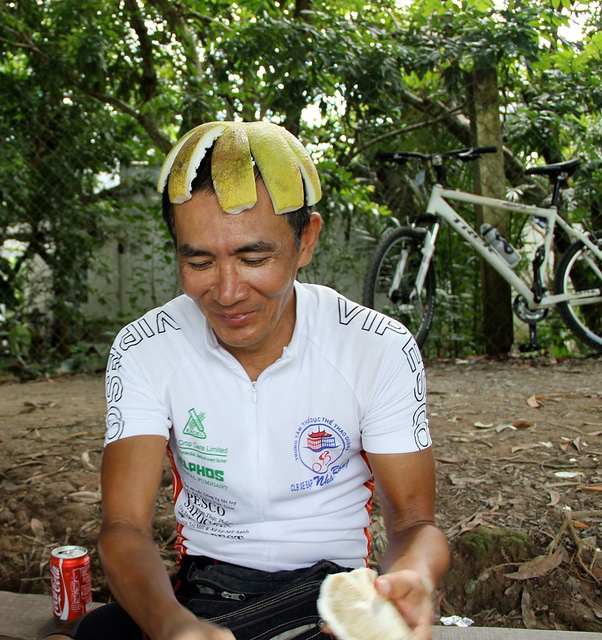

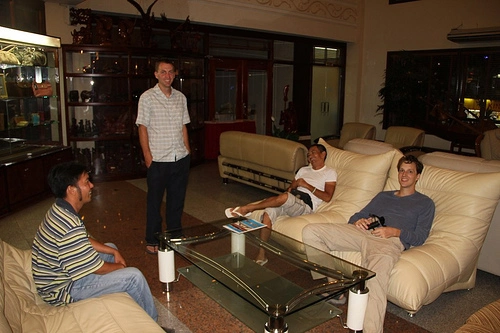
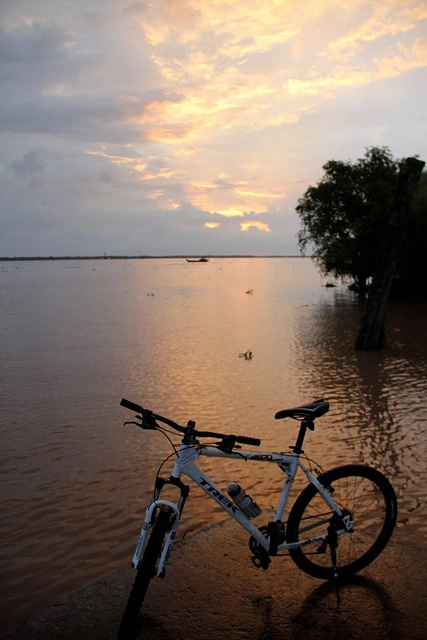
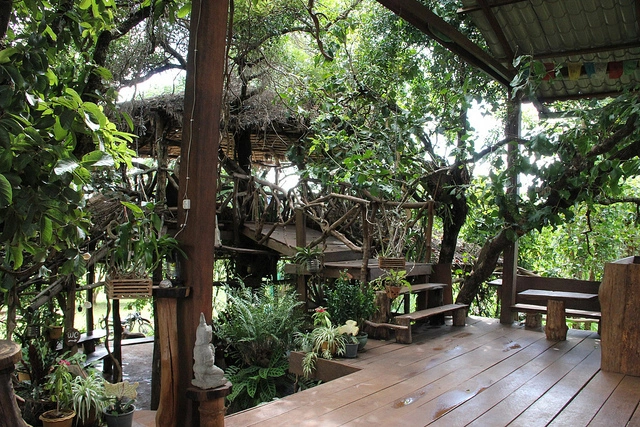
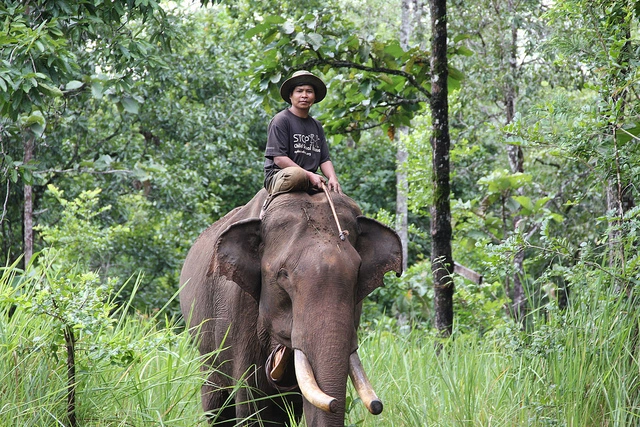
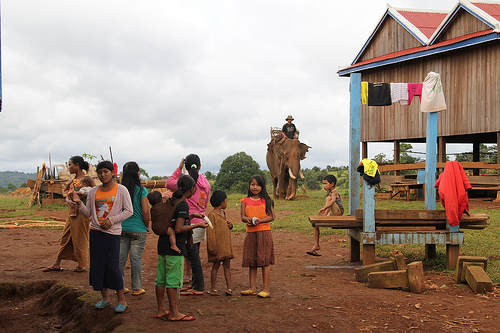
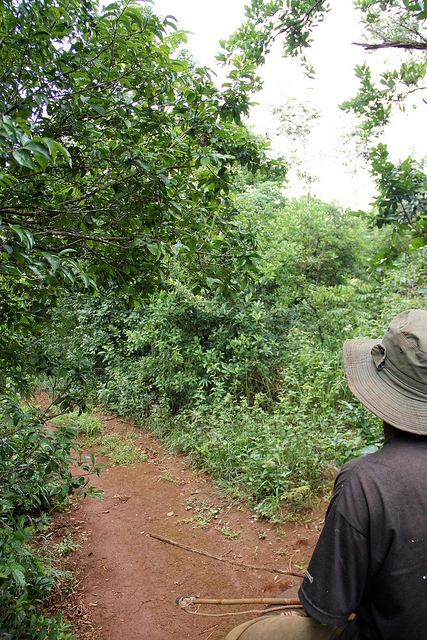
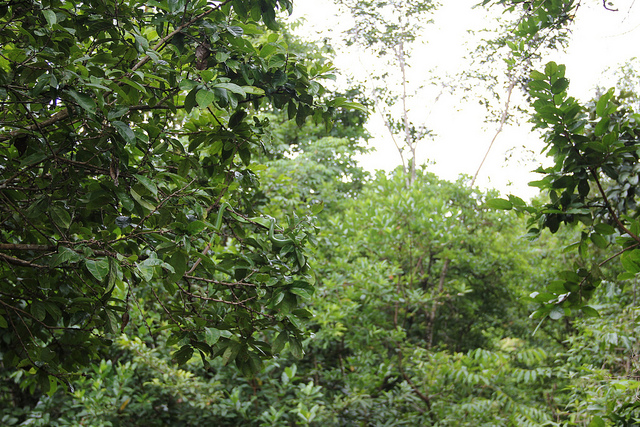
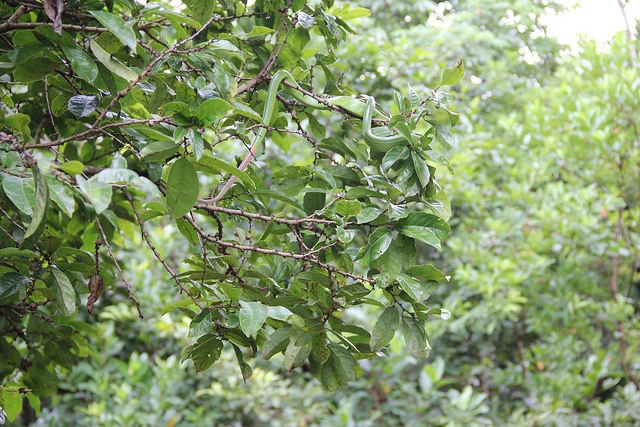
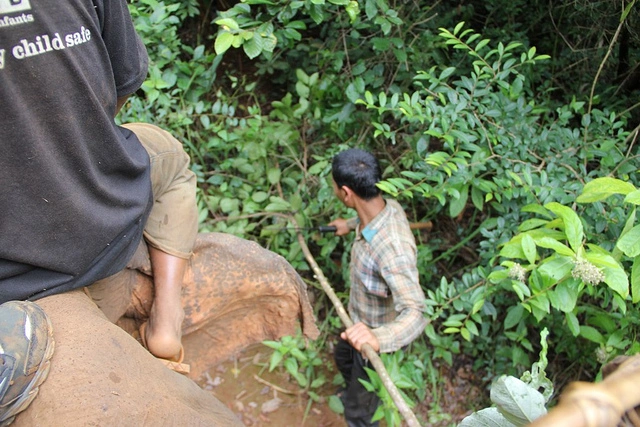
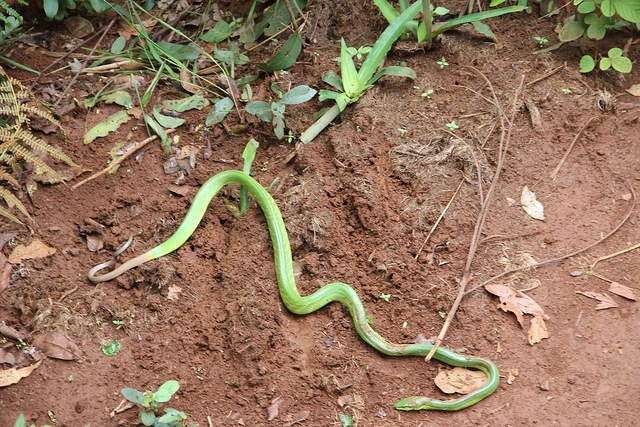
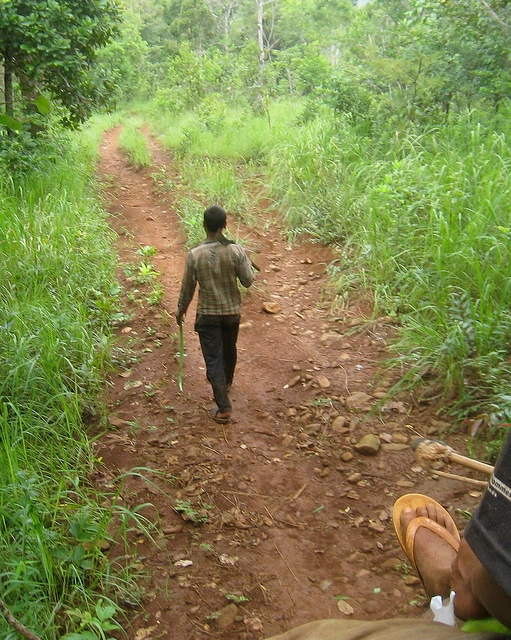
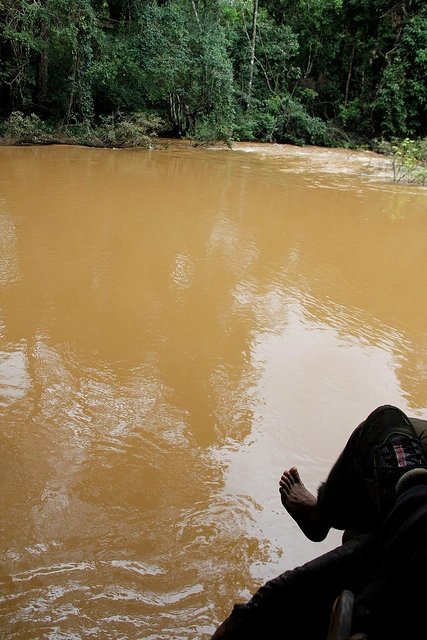
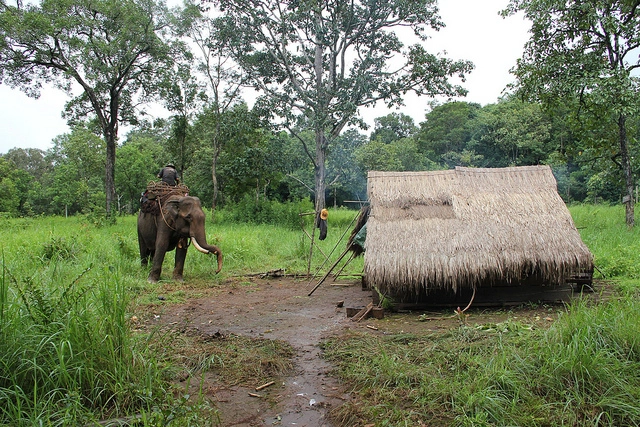
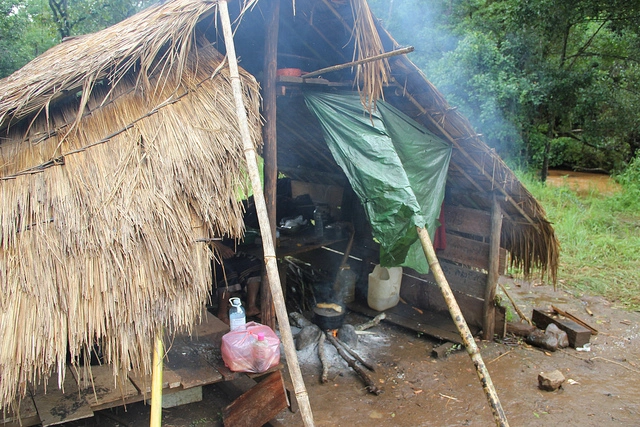
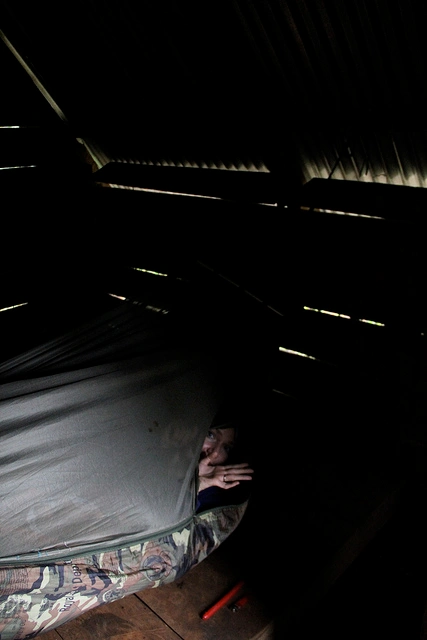
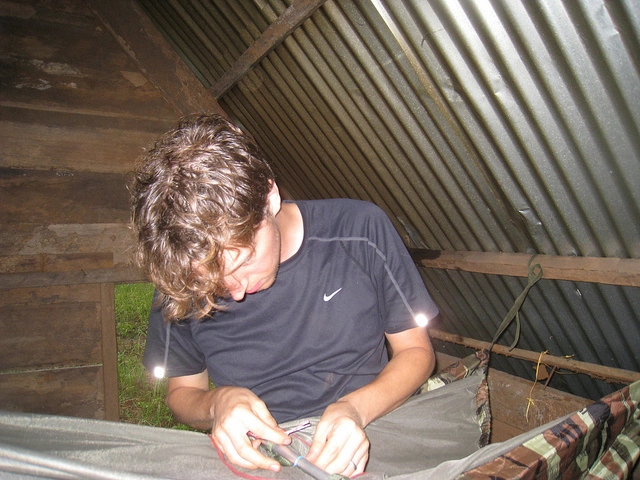
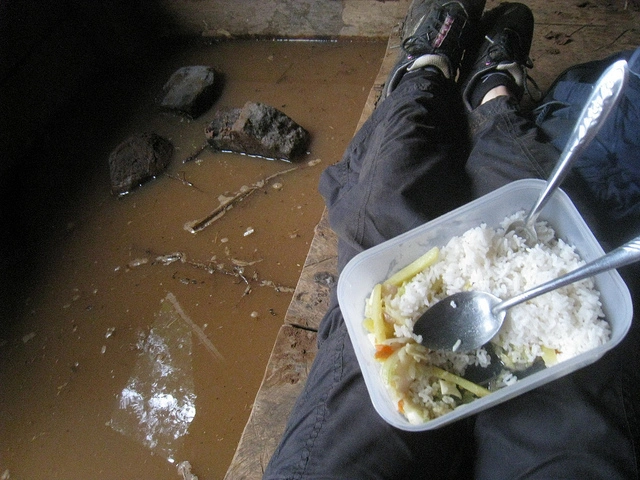
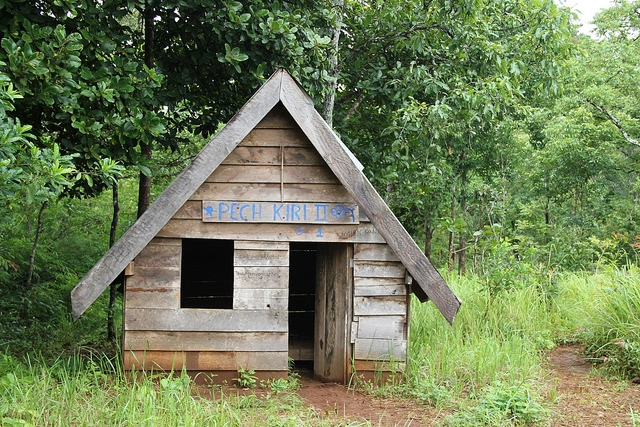
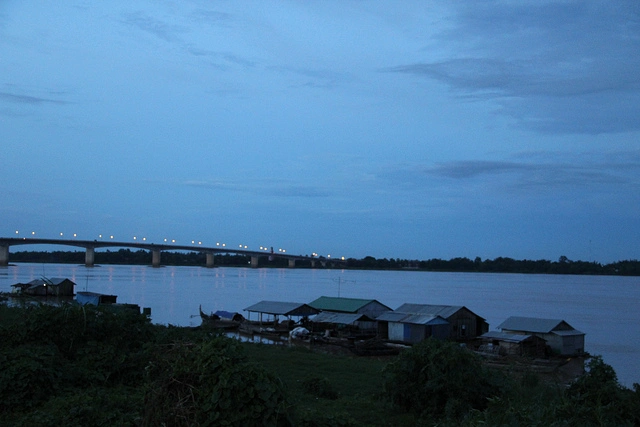
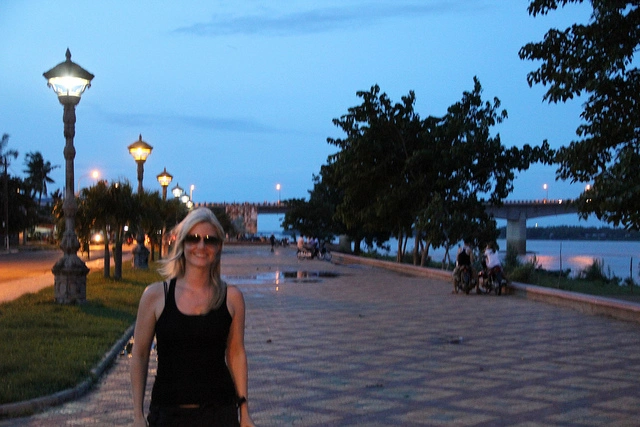
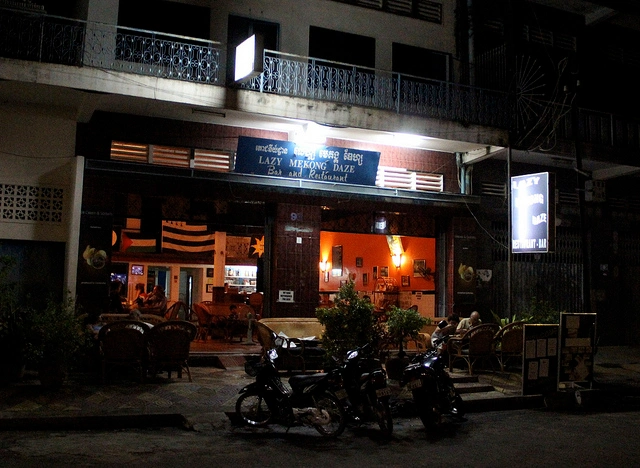
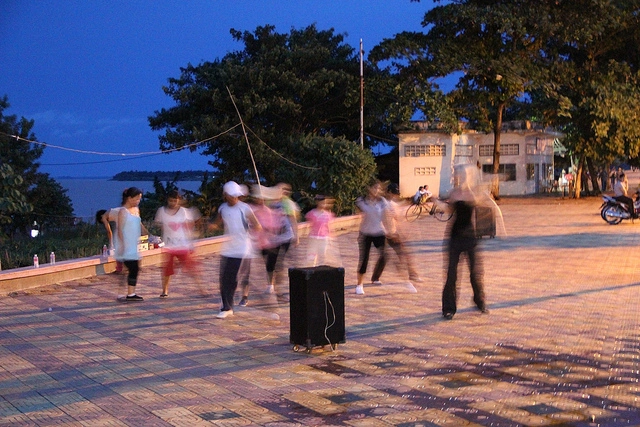
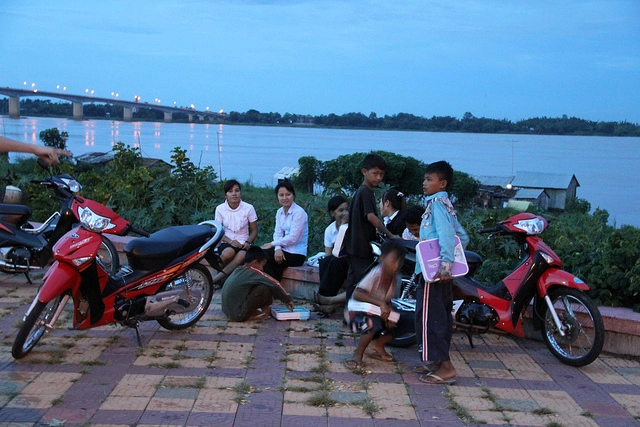
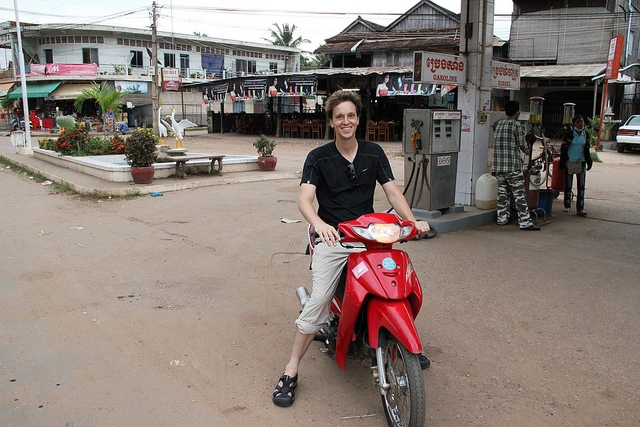 … and of course when asking for helmets during the rental process we were only rewarded with friendly but enigmatic smiles…
… and of course when asking for helmets during the rental process we were only rewarded with friendly but enigmatic smiles…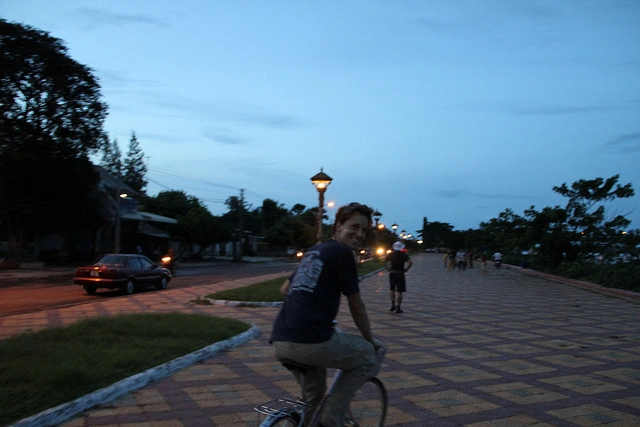
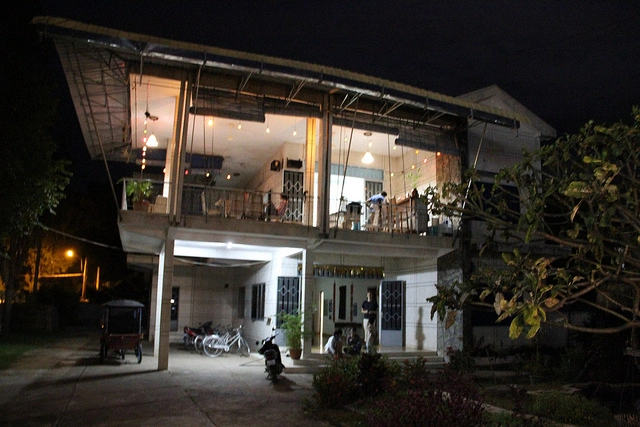
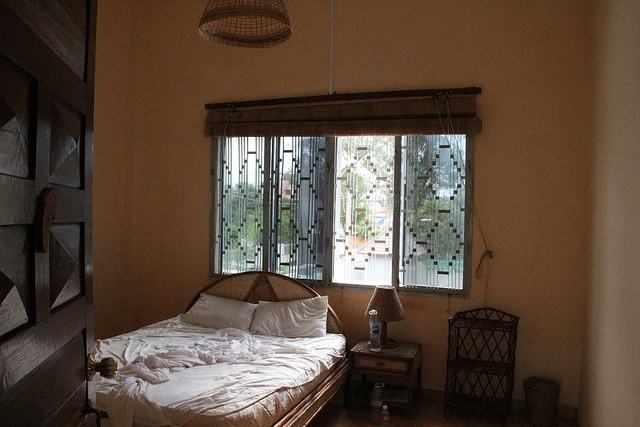
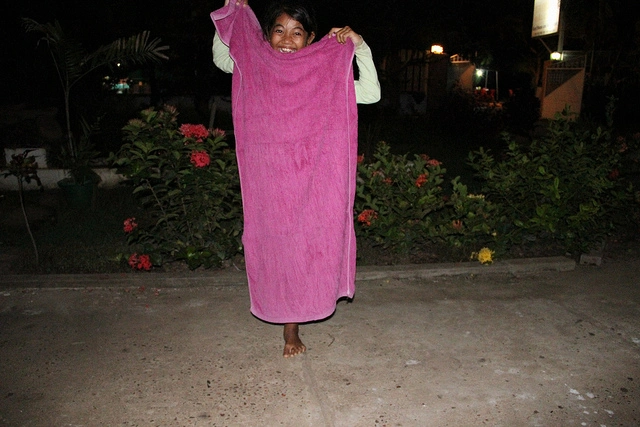 … and deploying Nat’s “indispensible” travel equipment!!
… and deploying Nat’s “indispensible” travel equipment!!